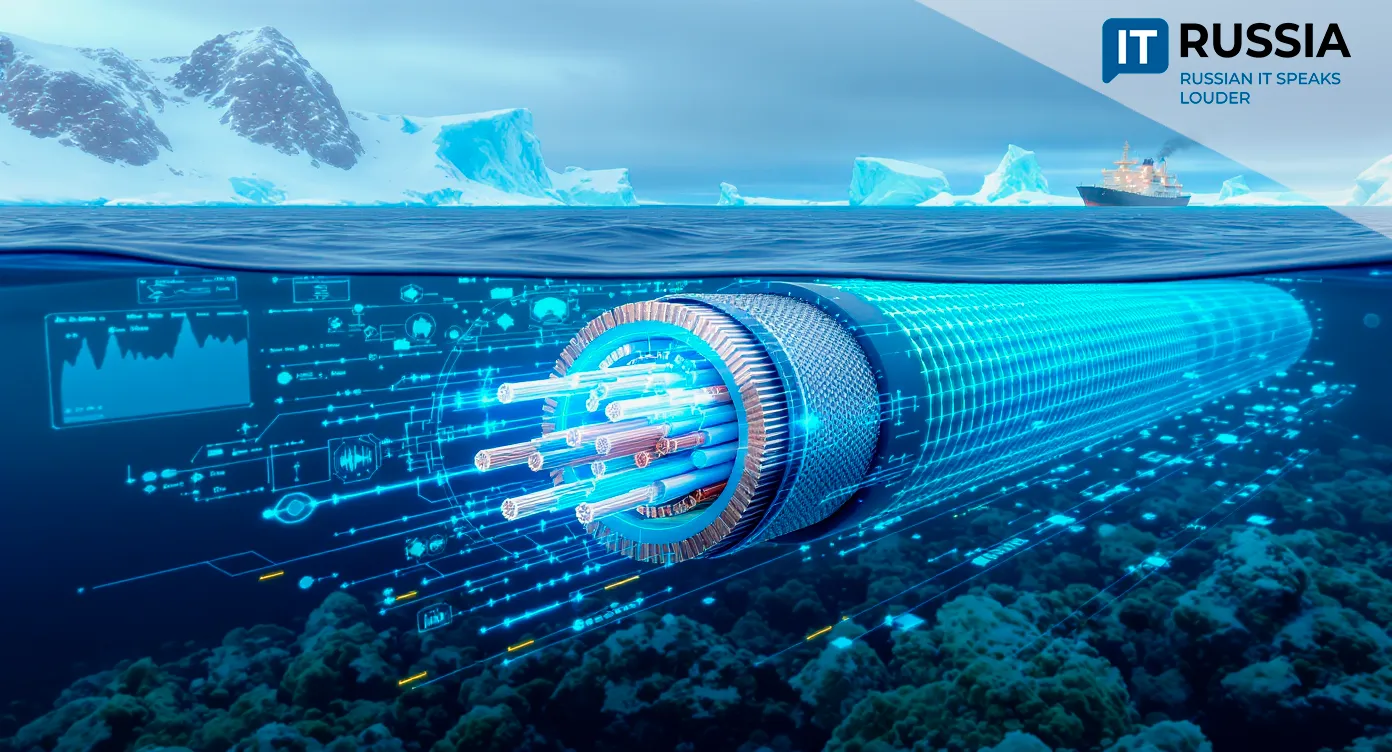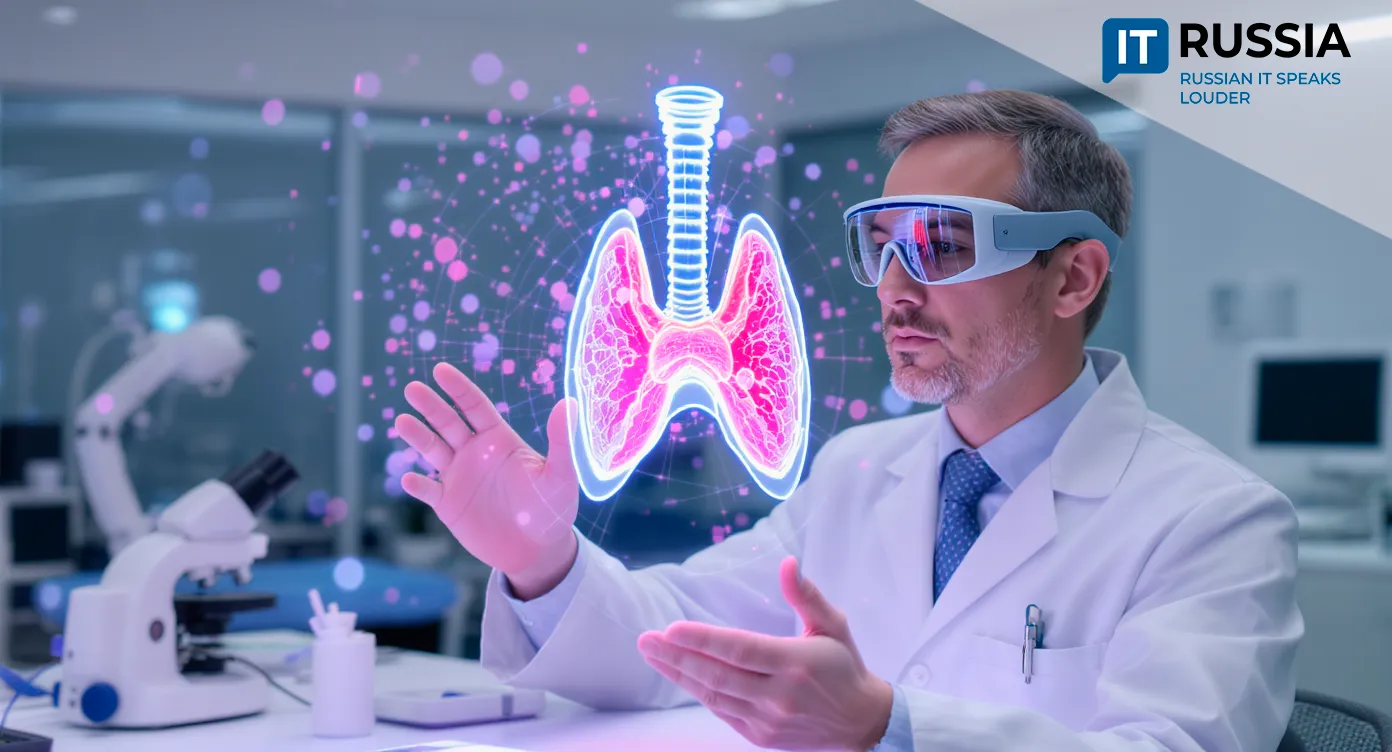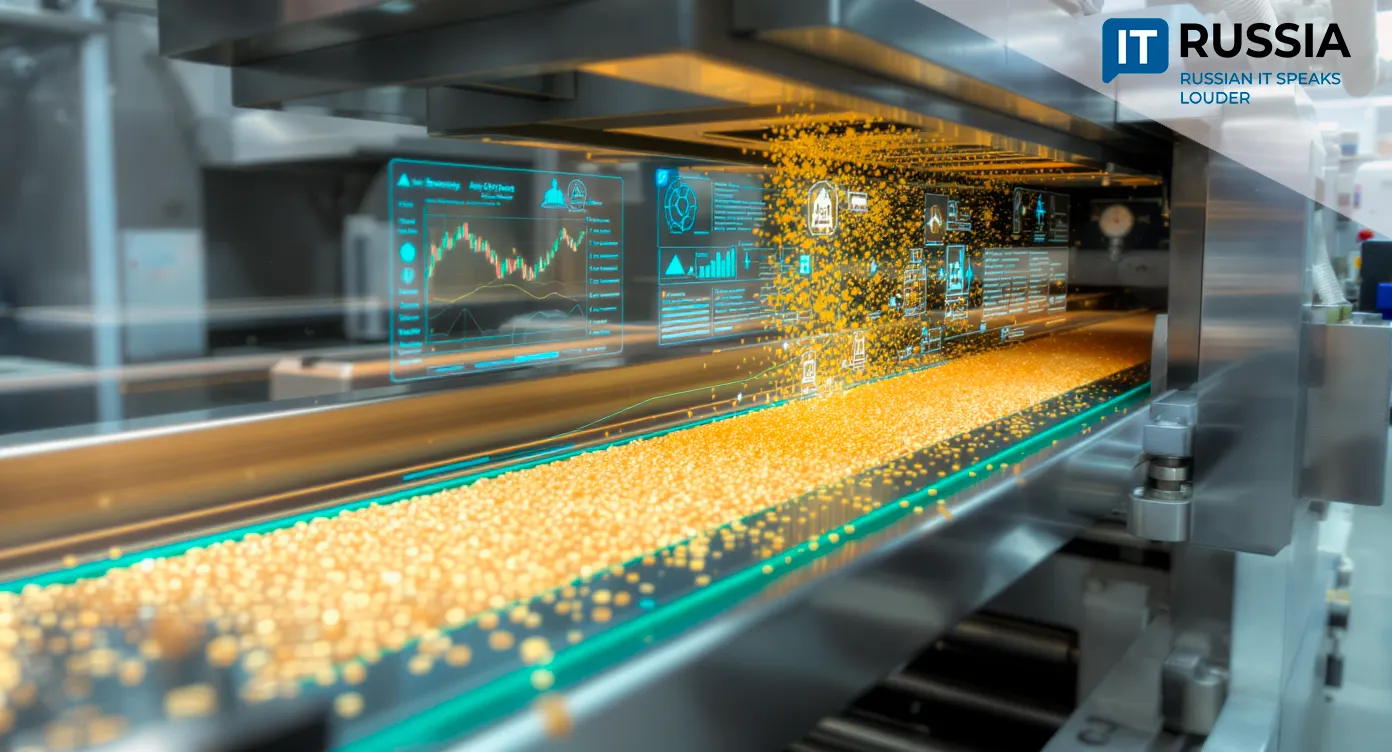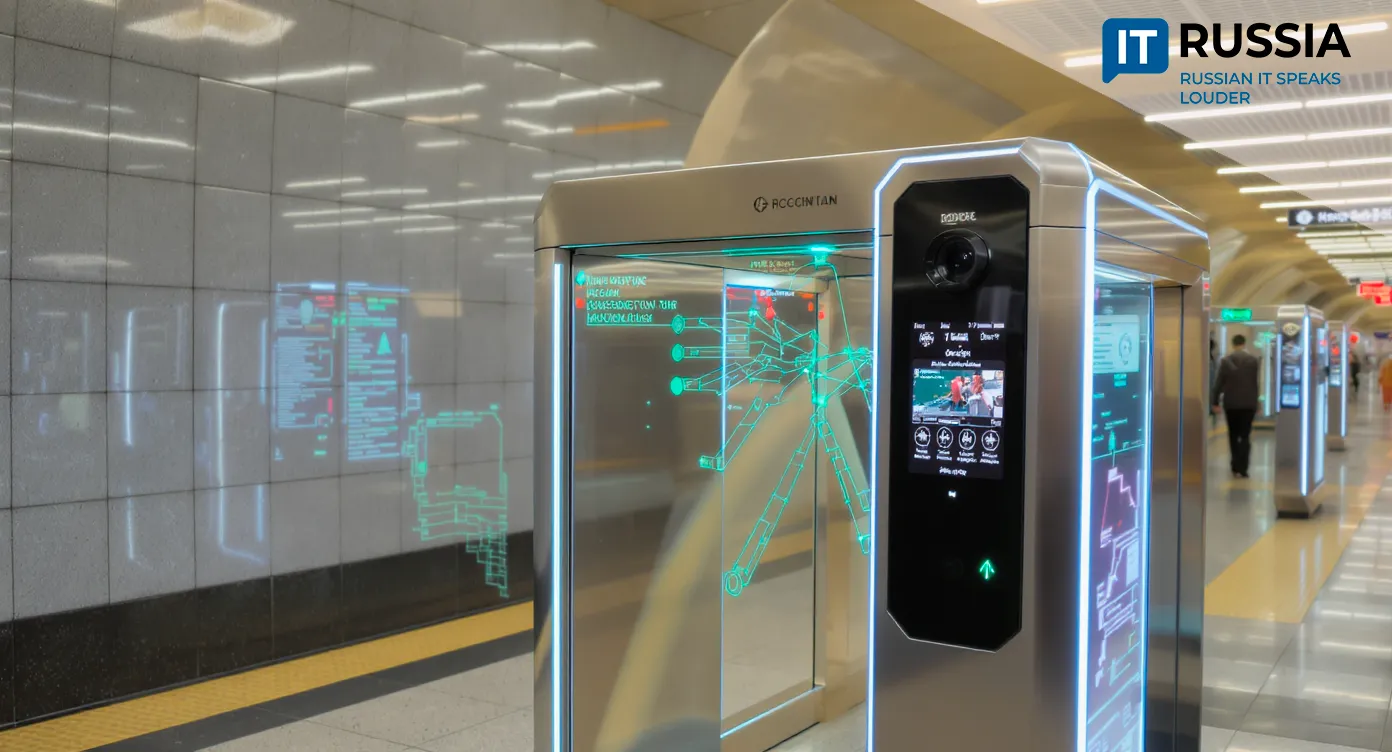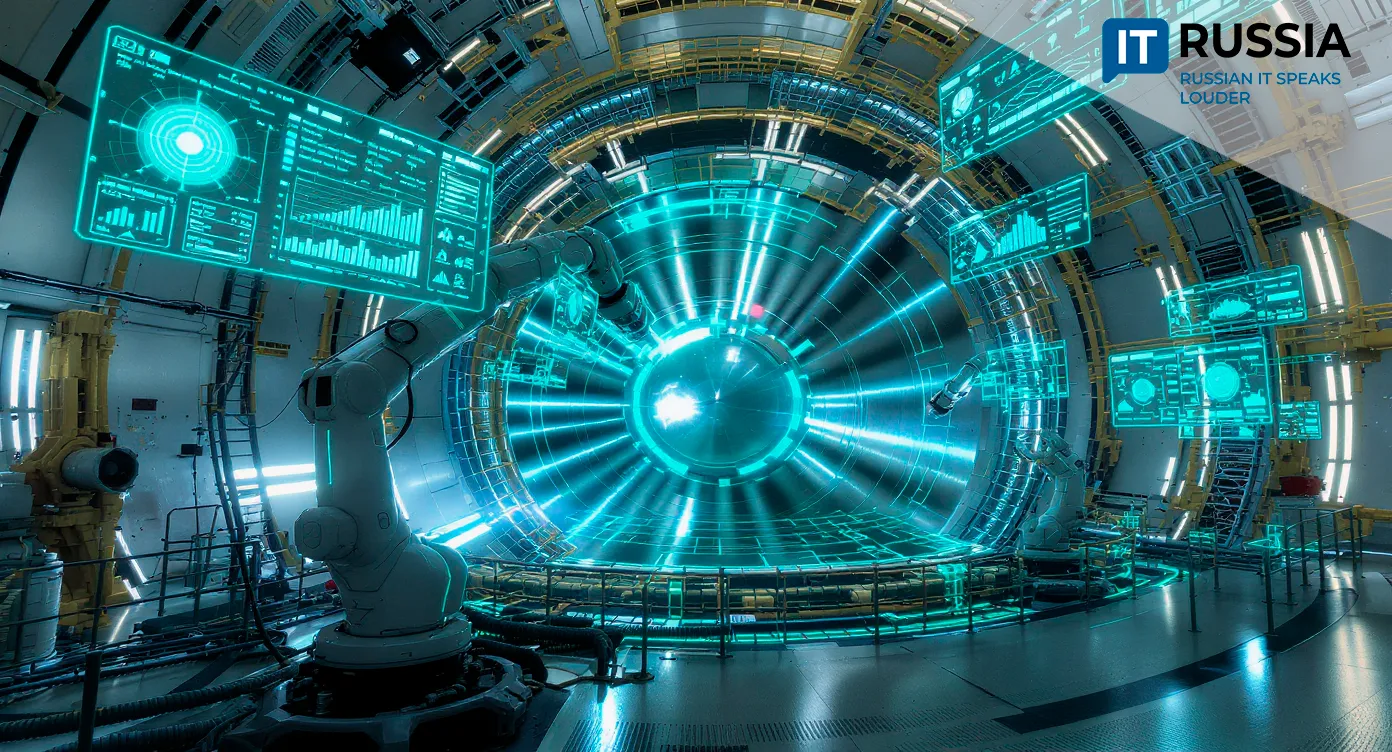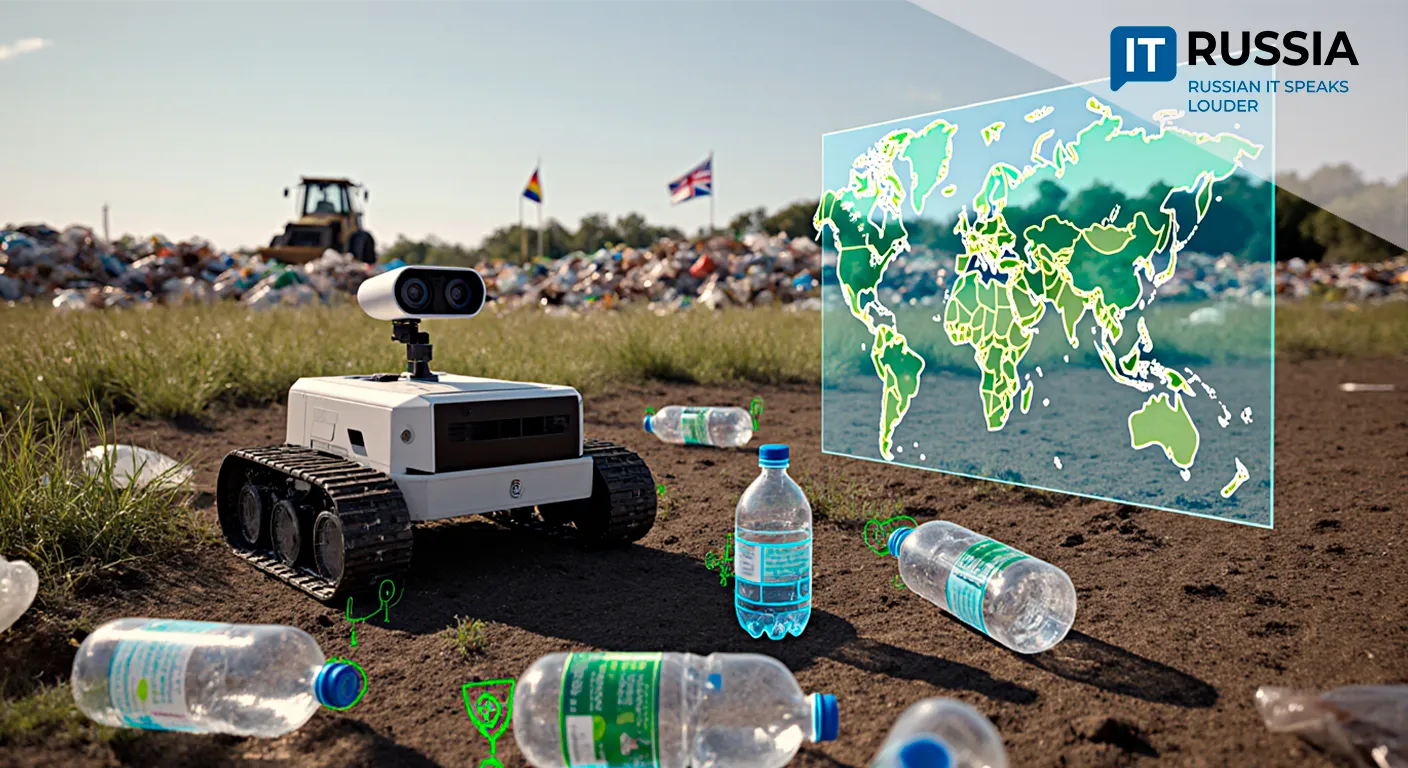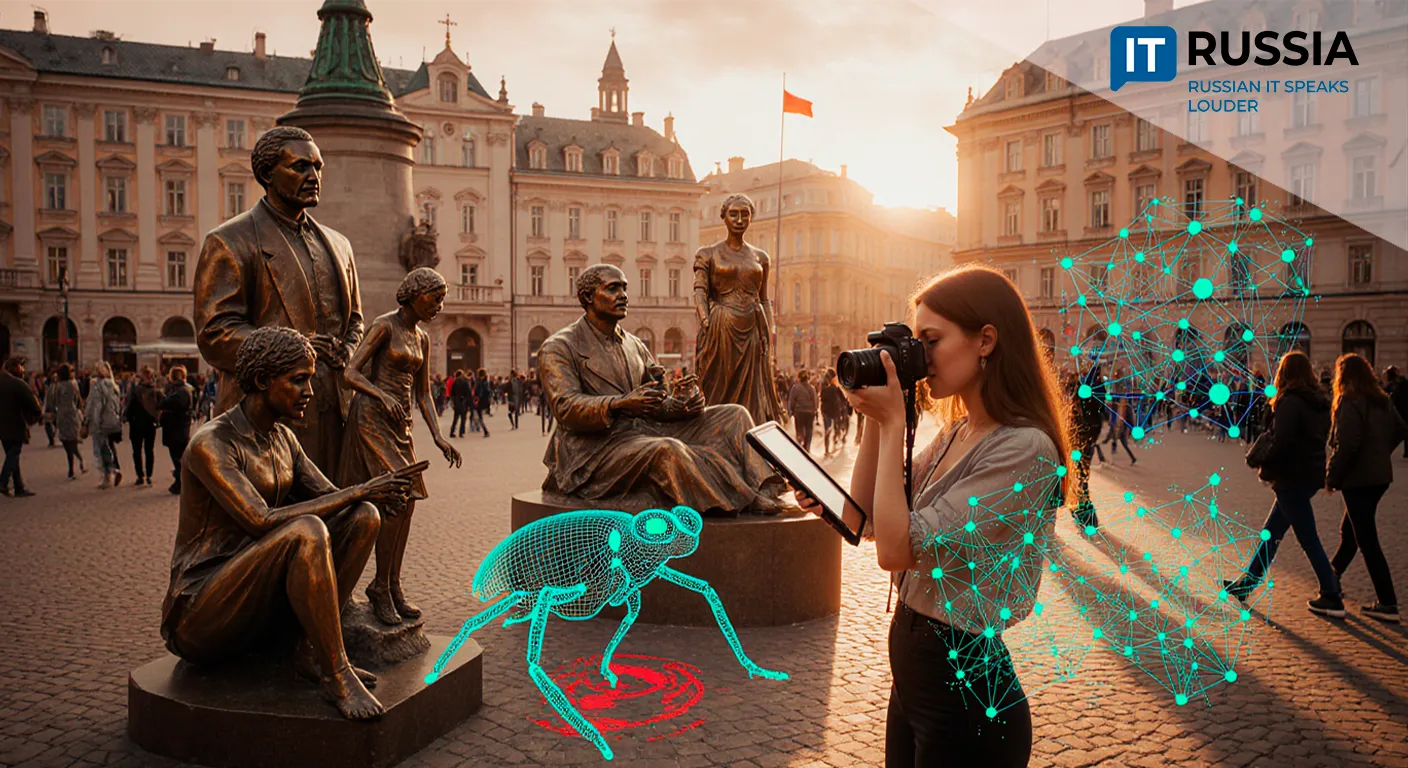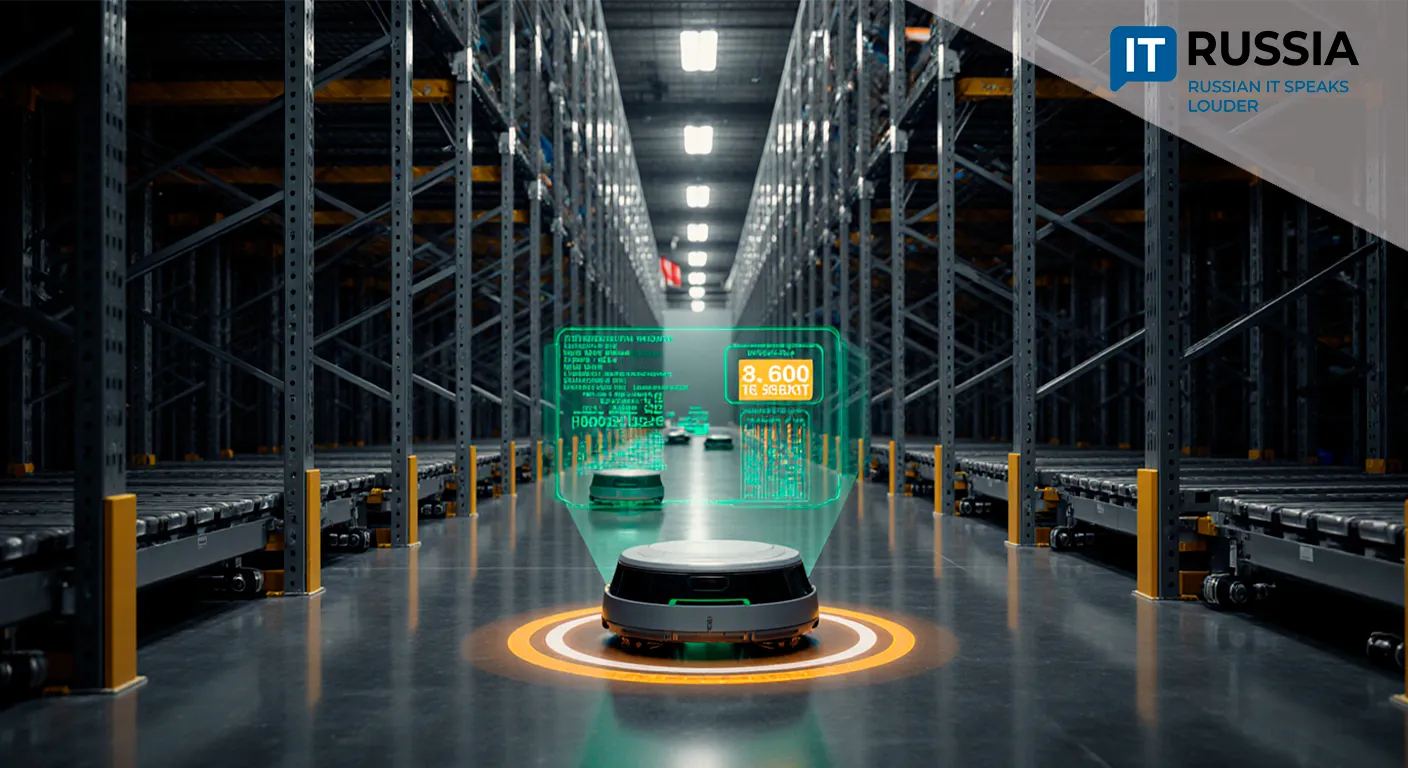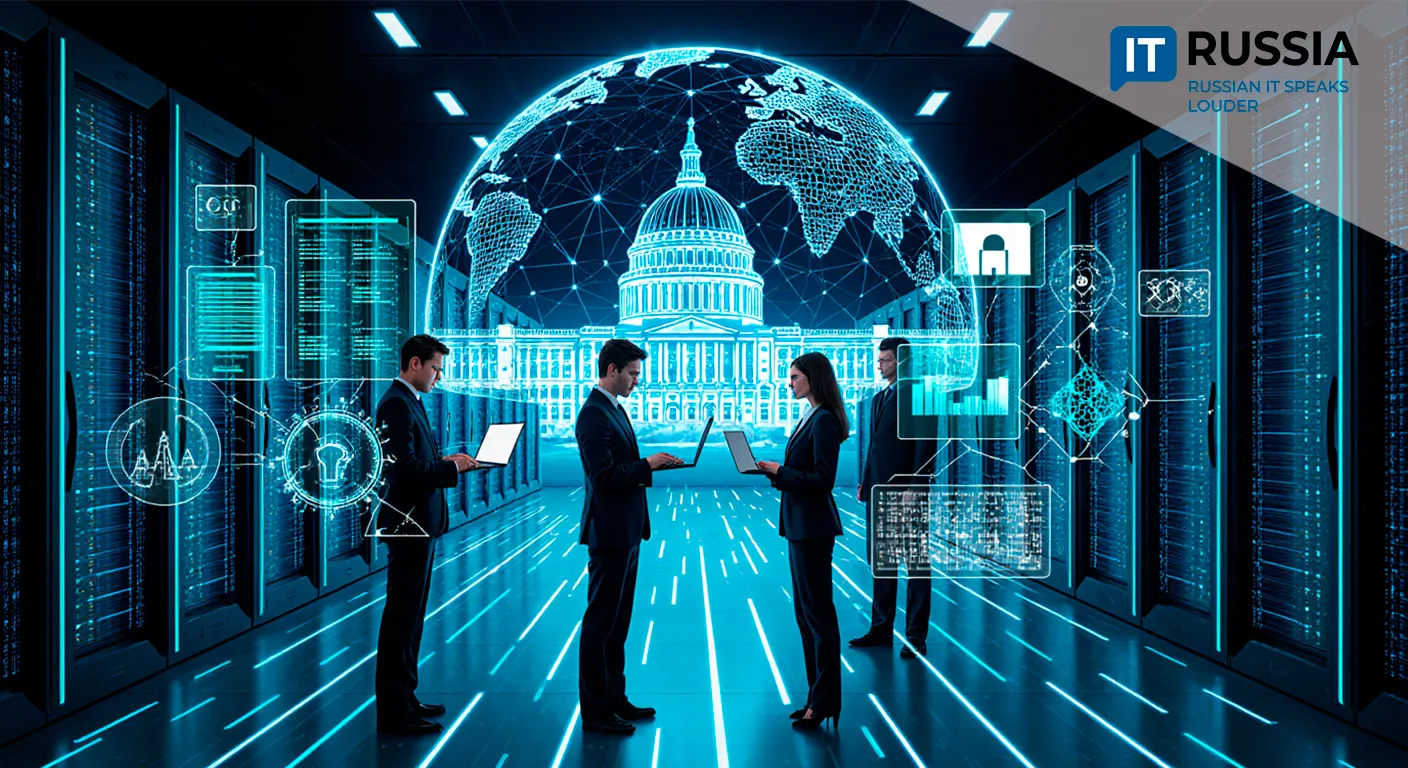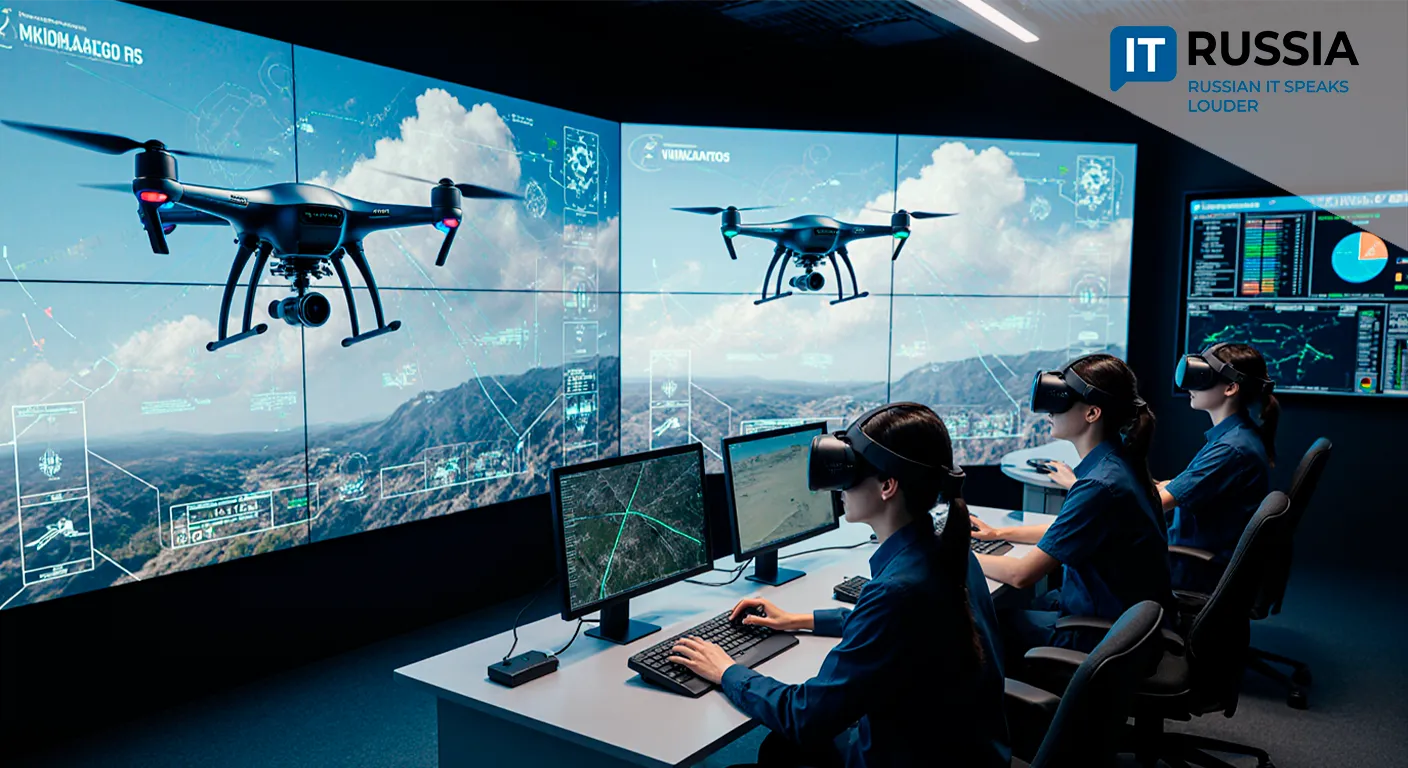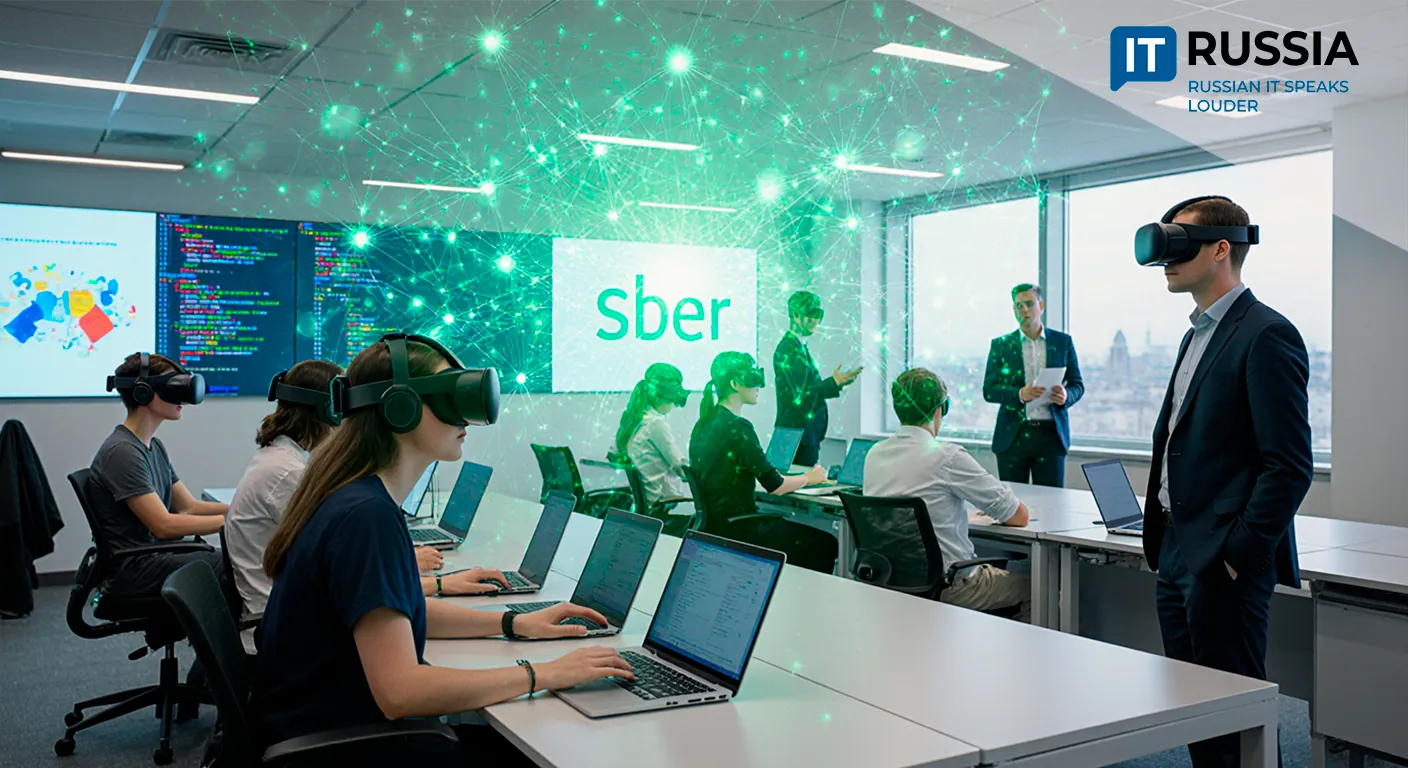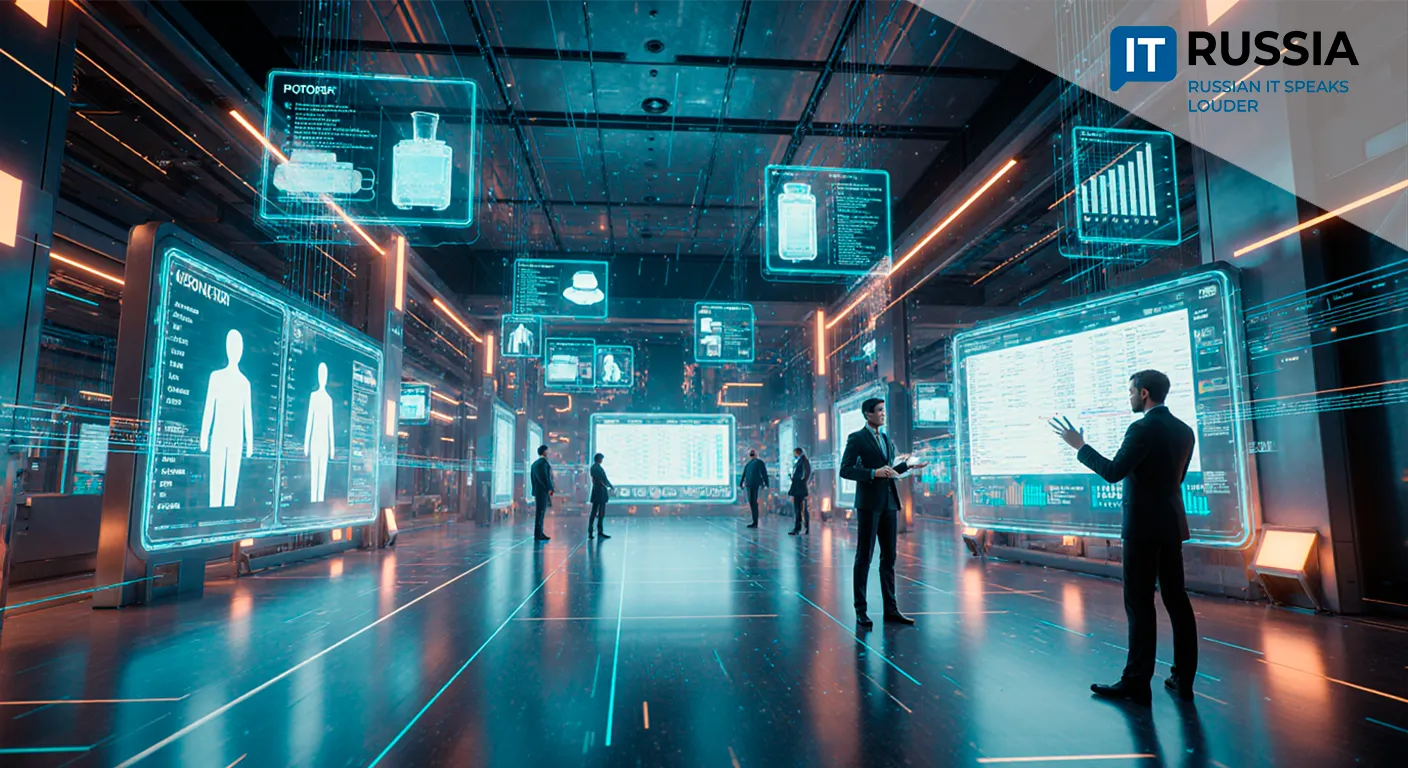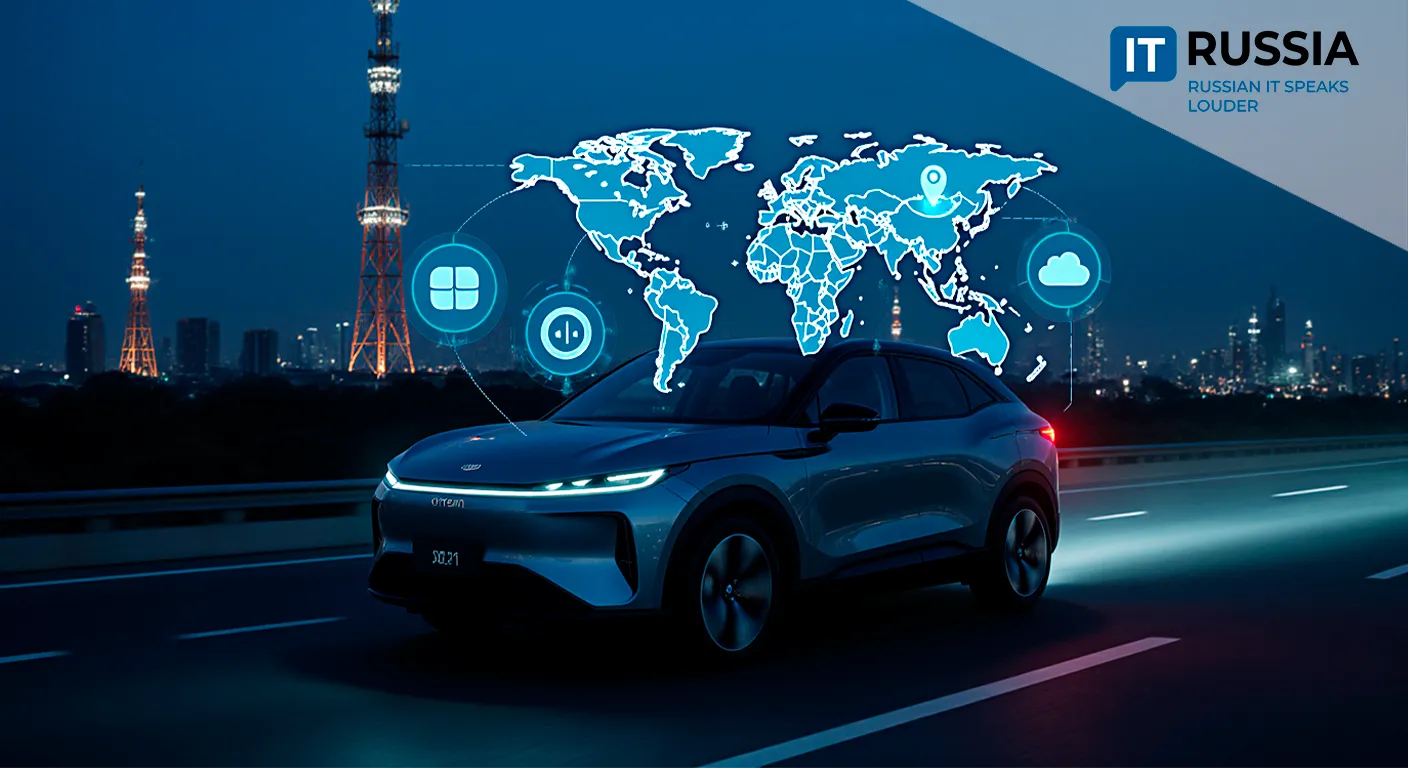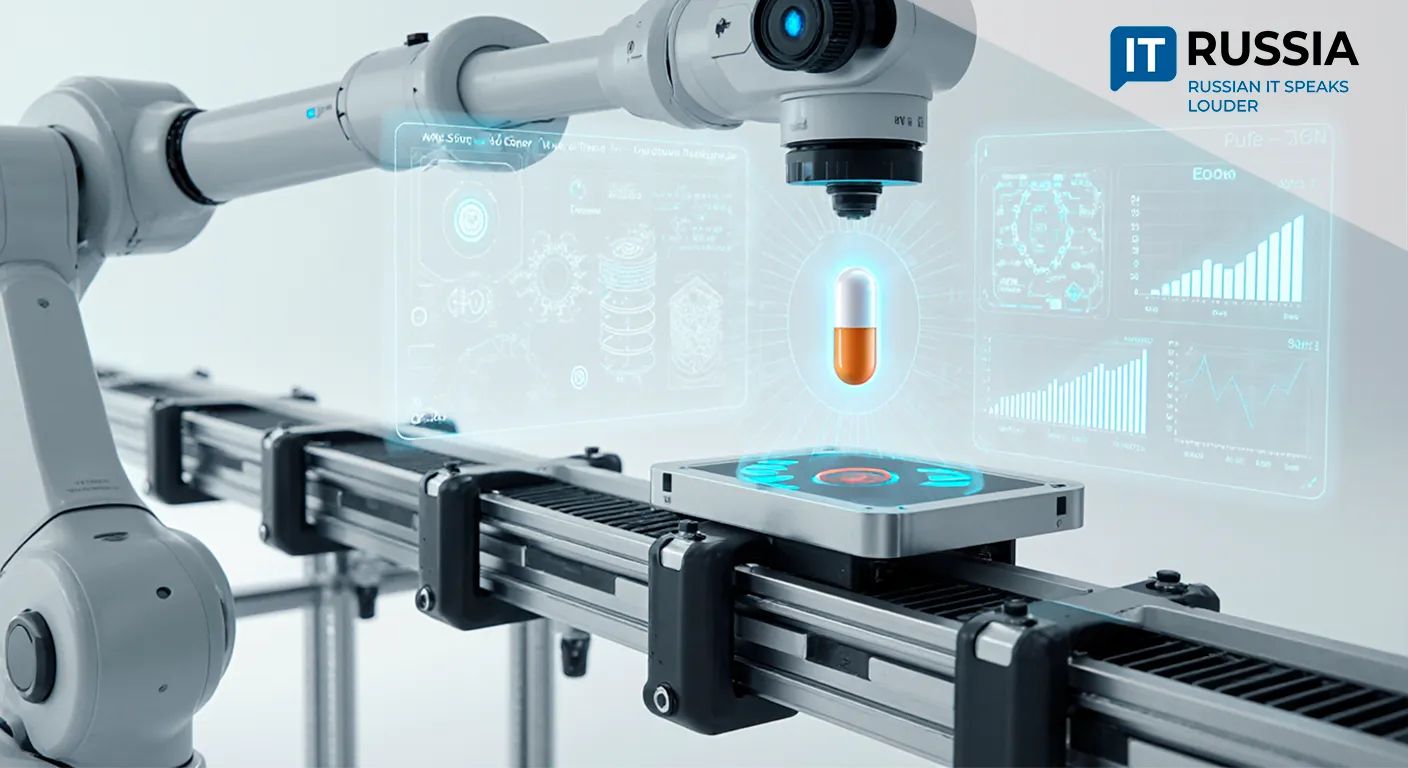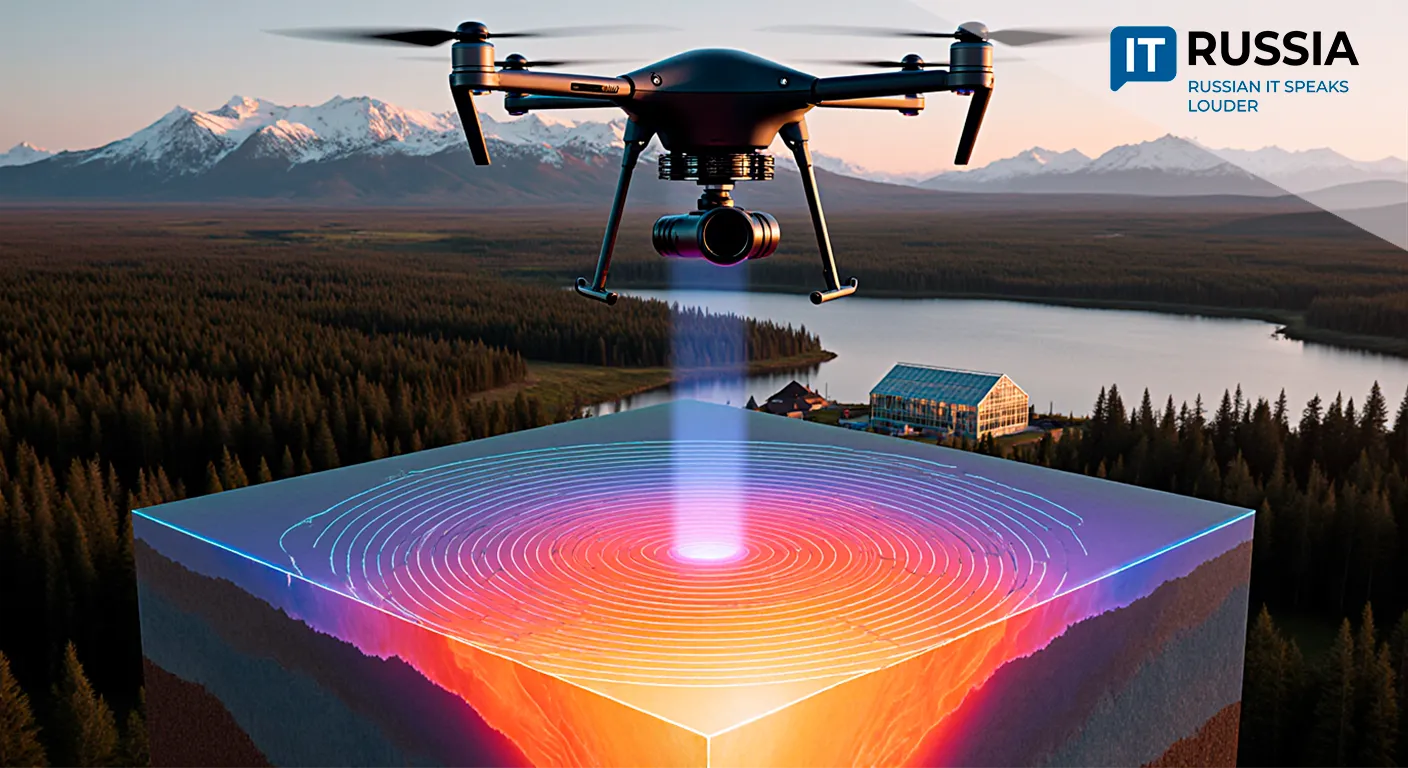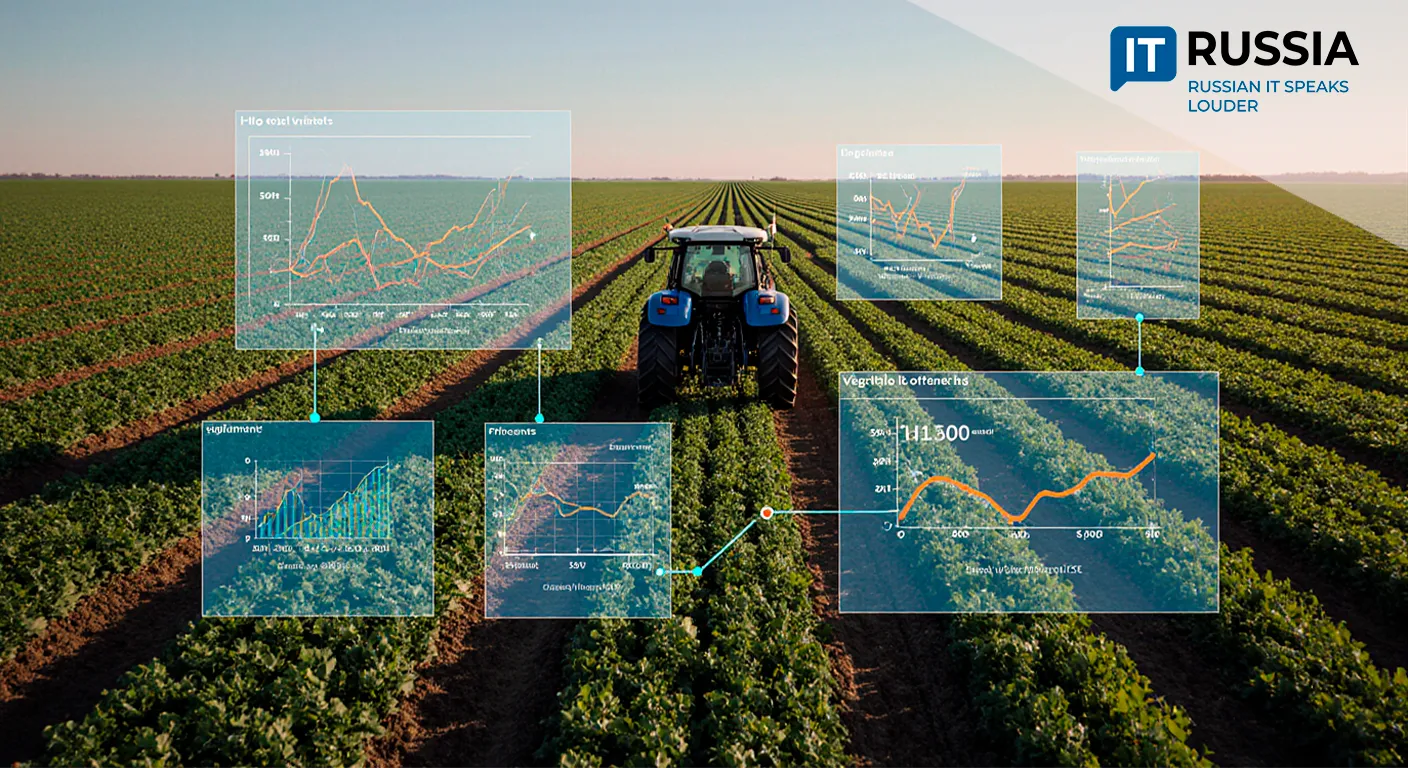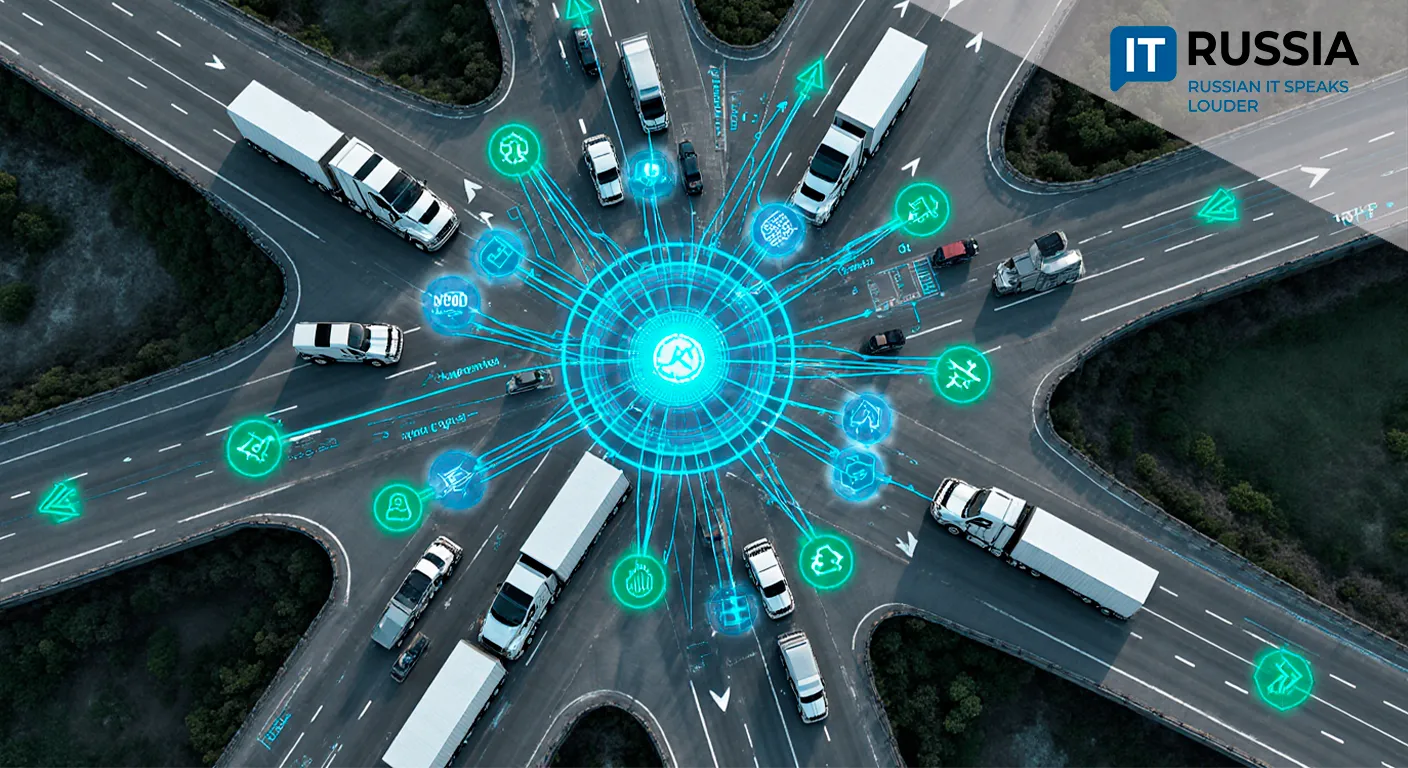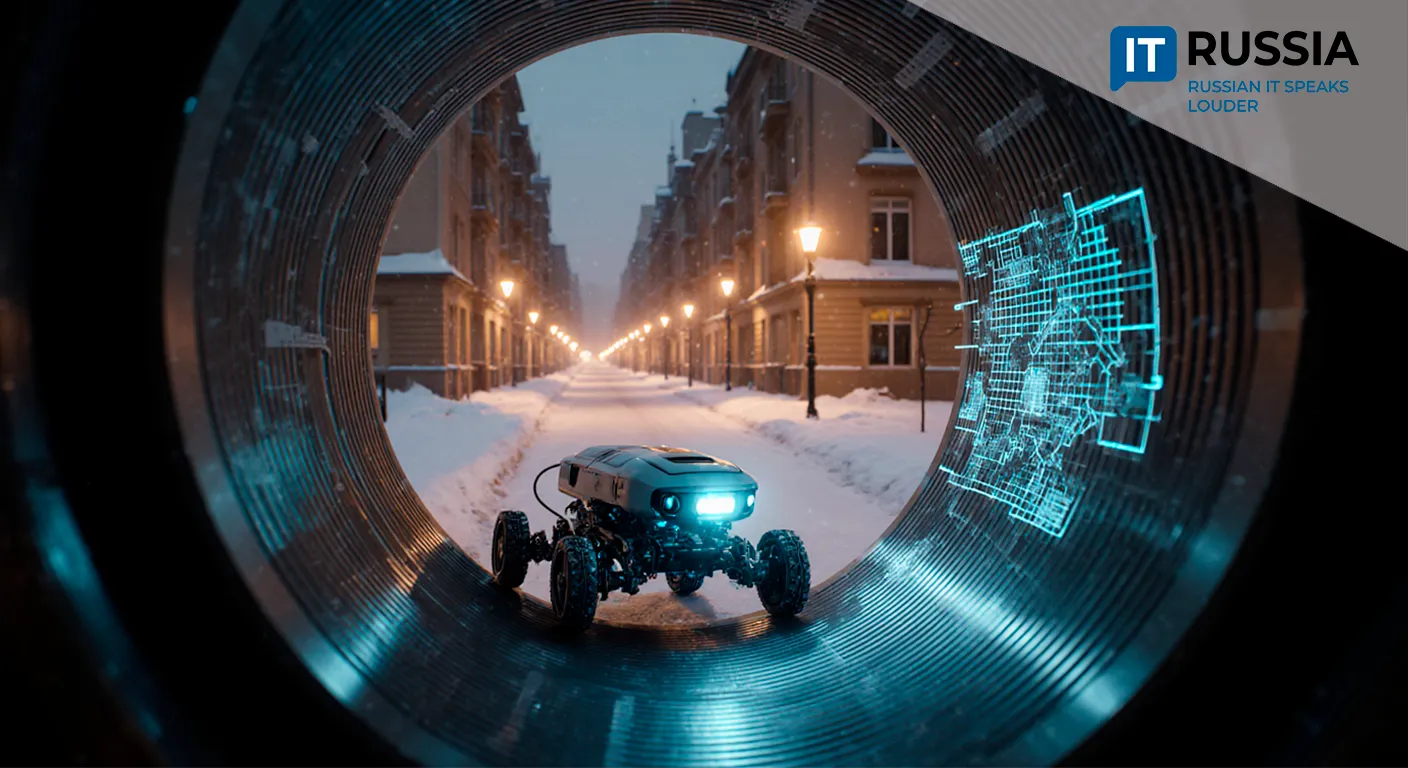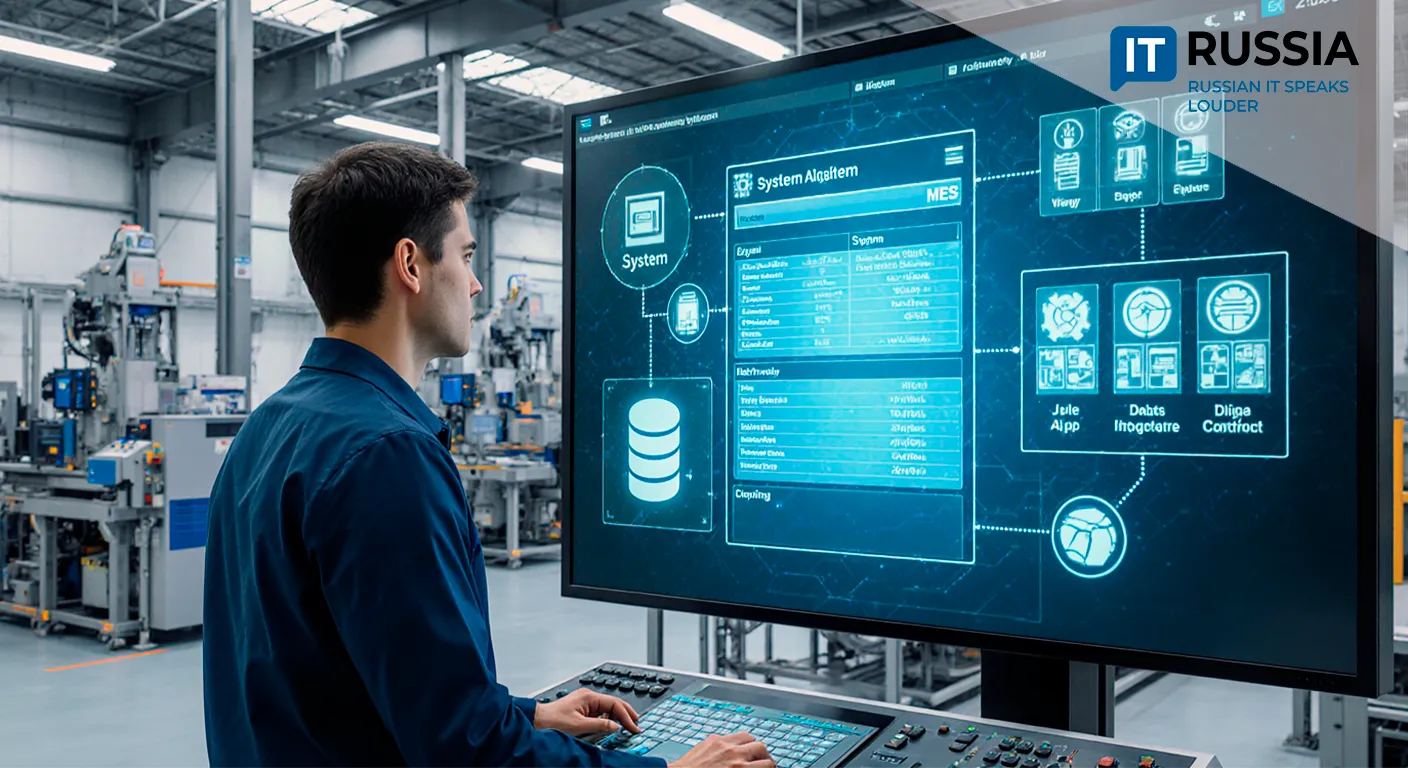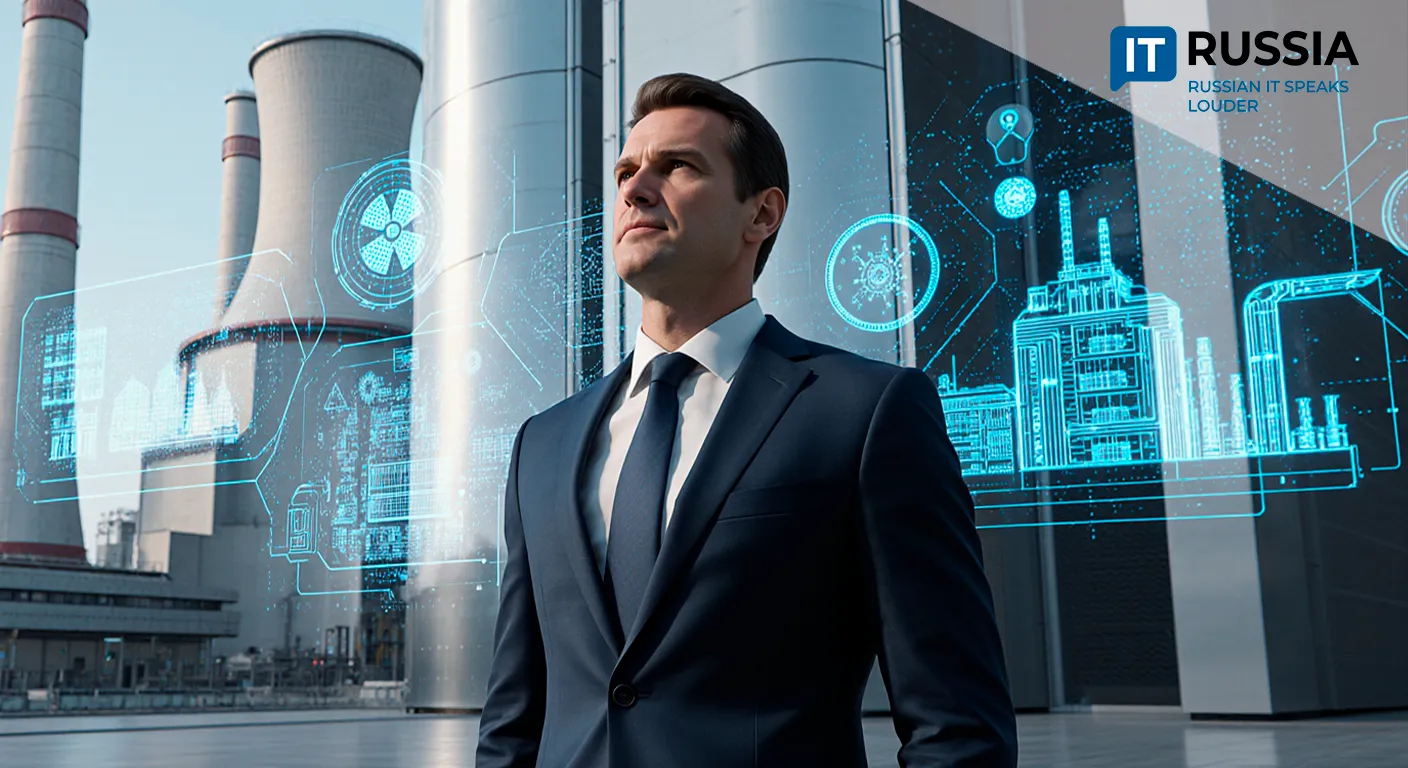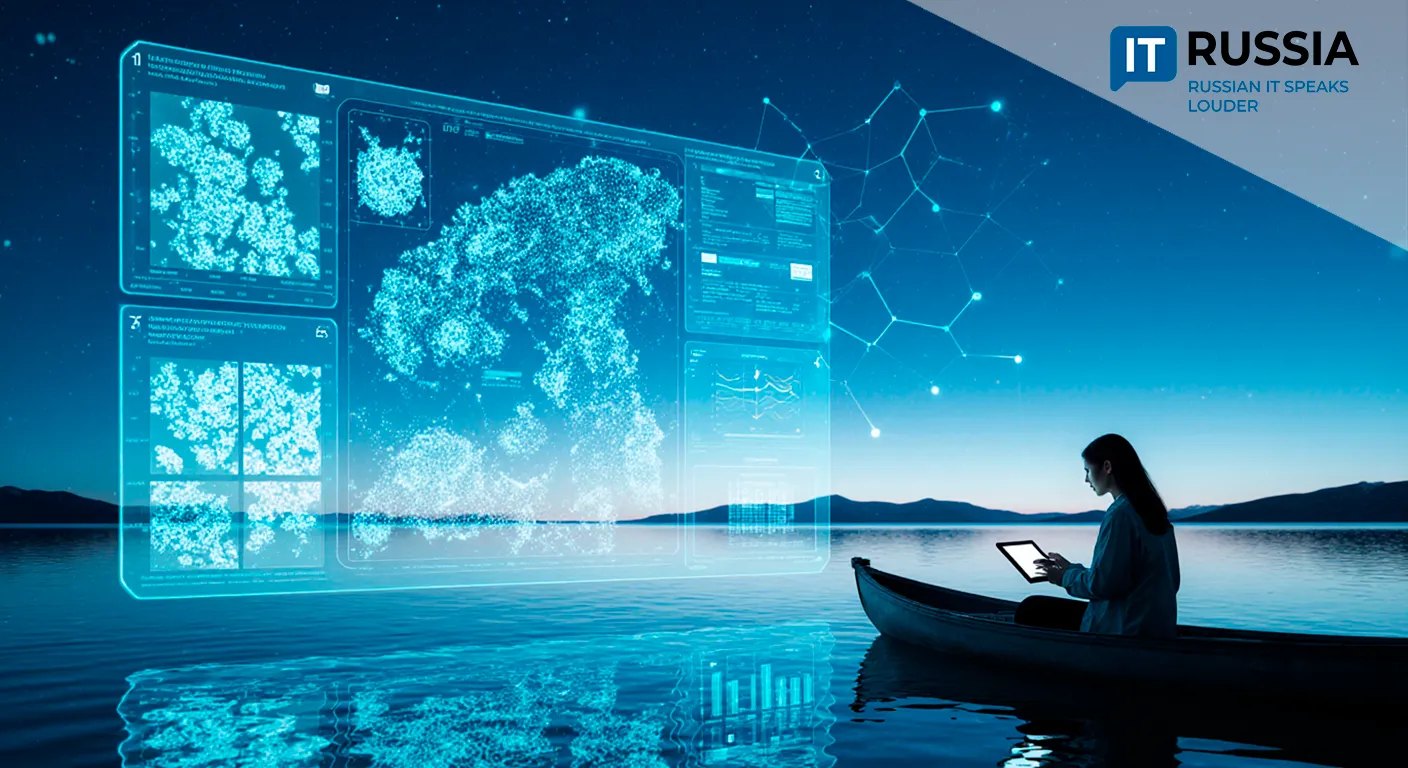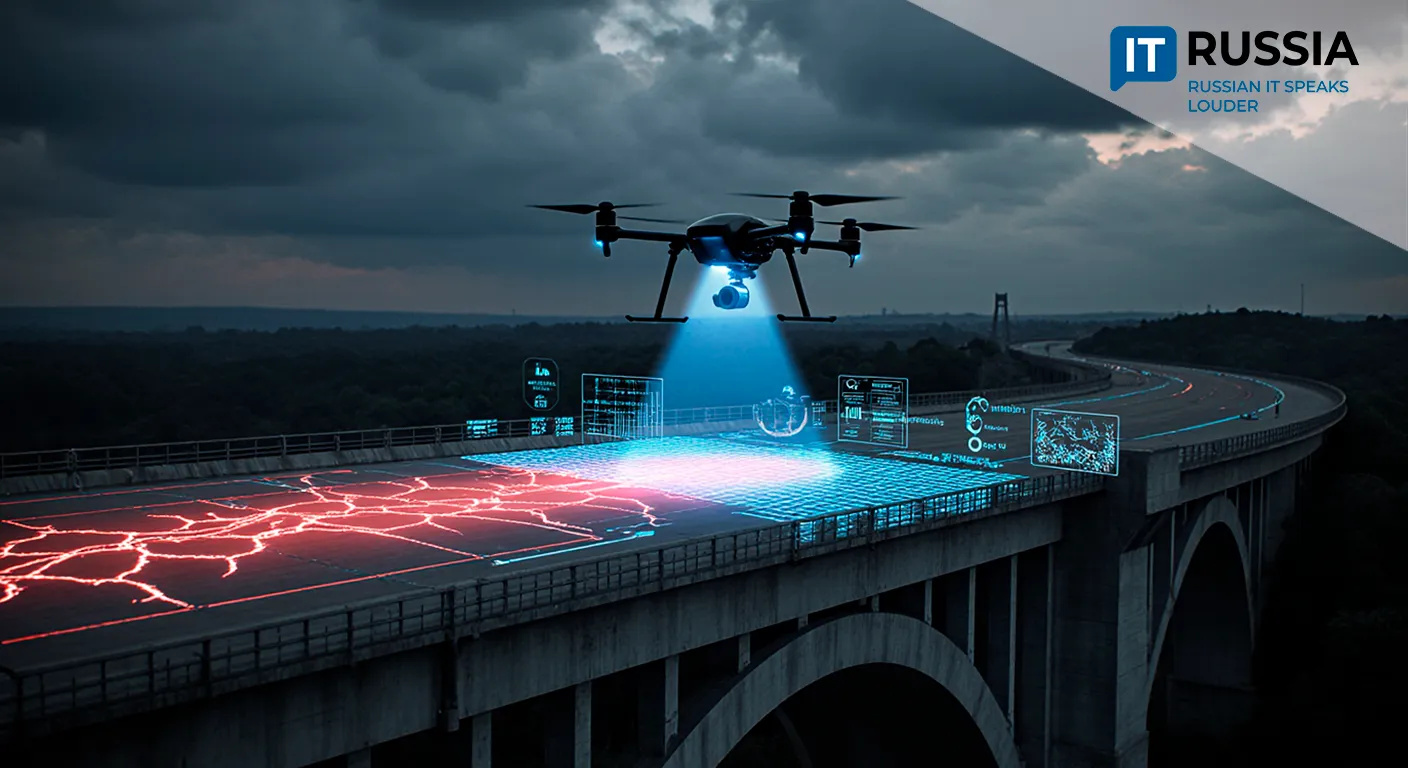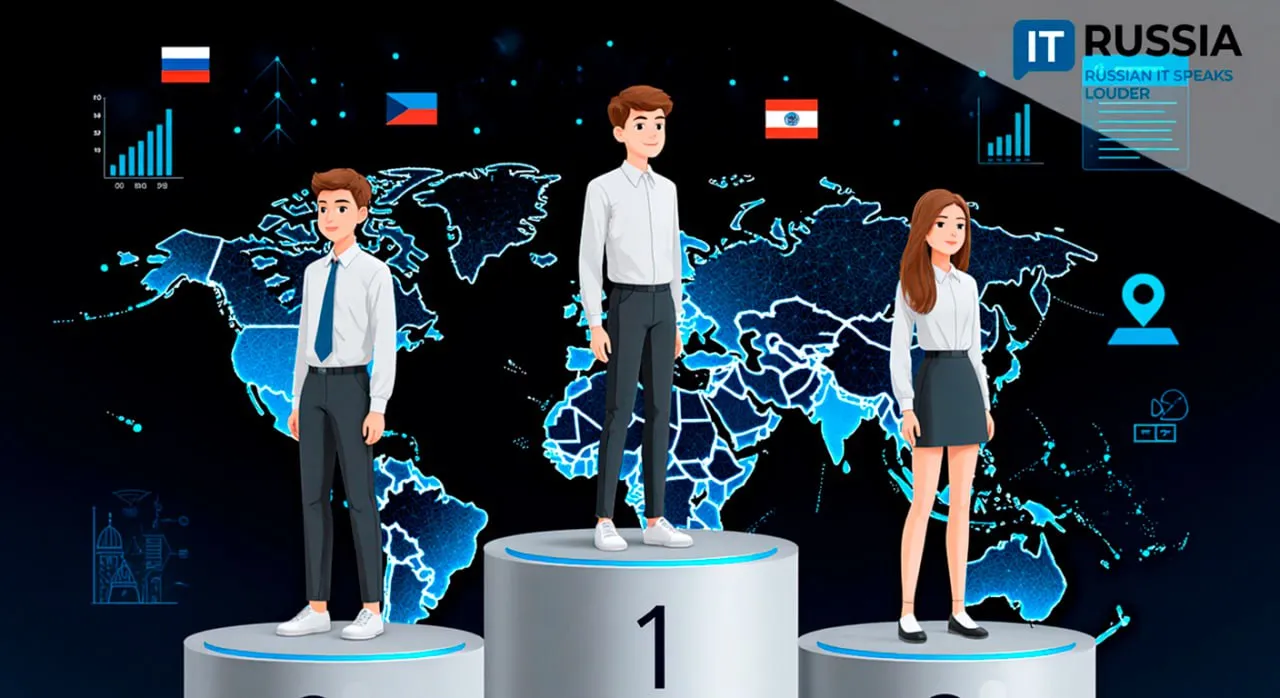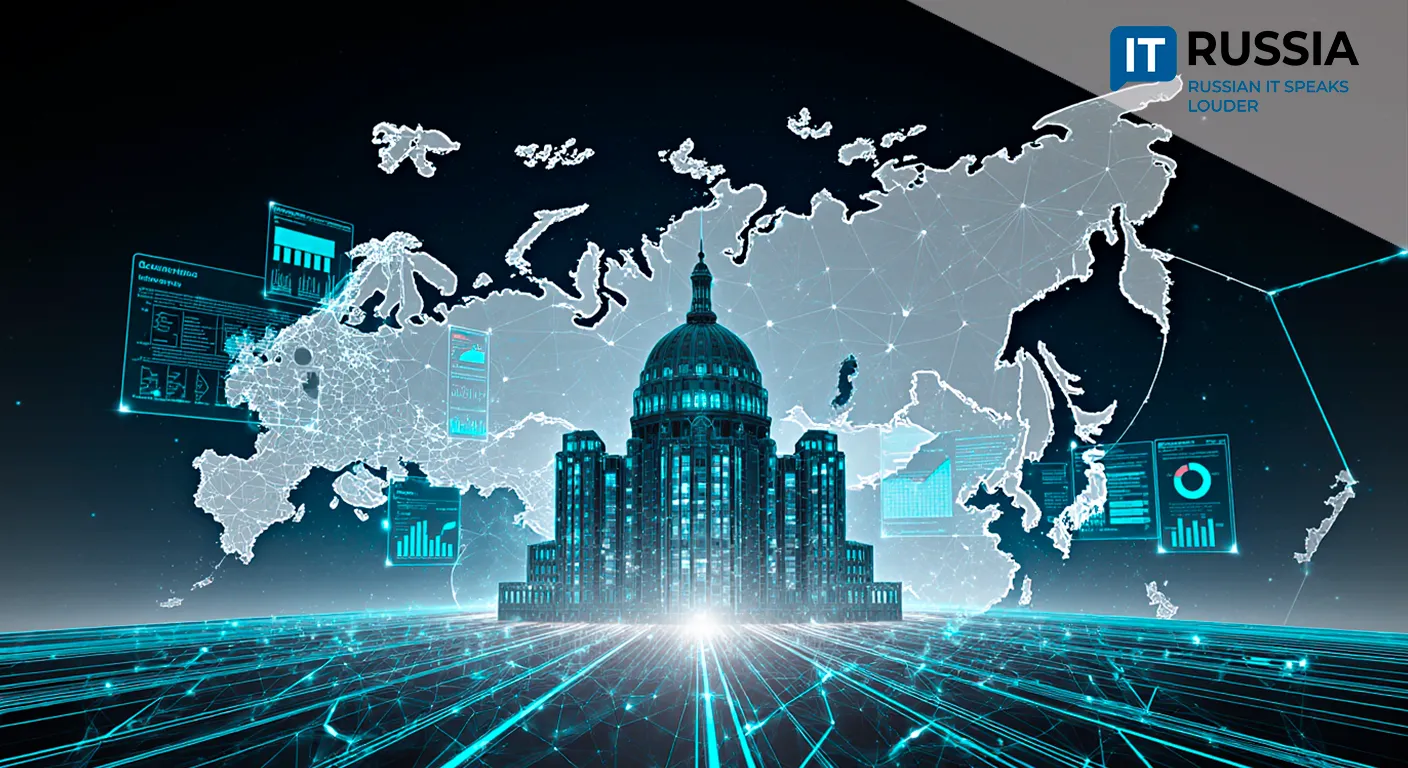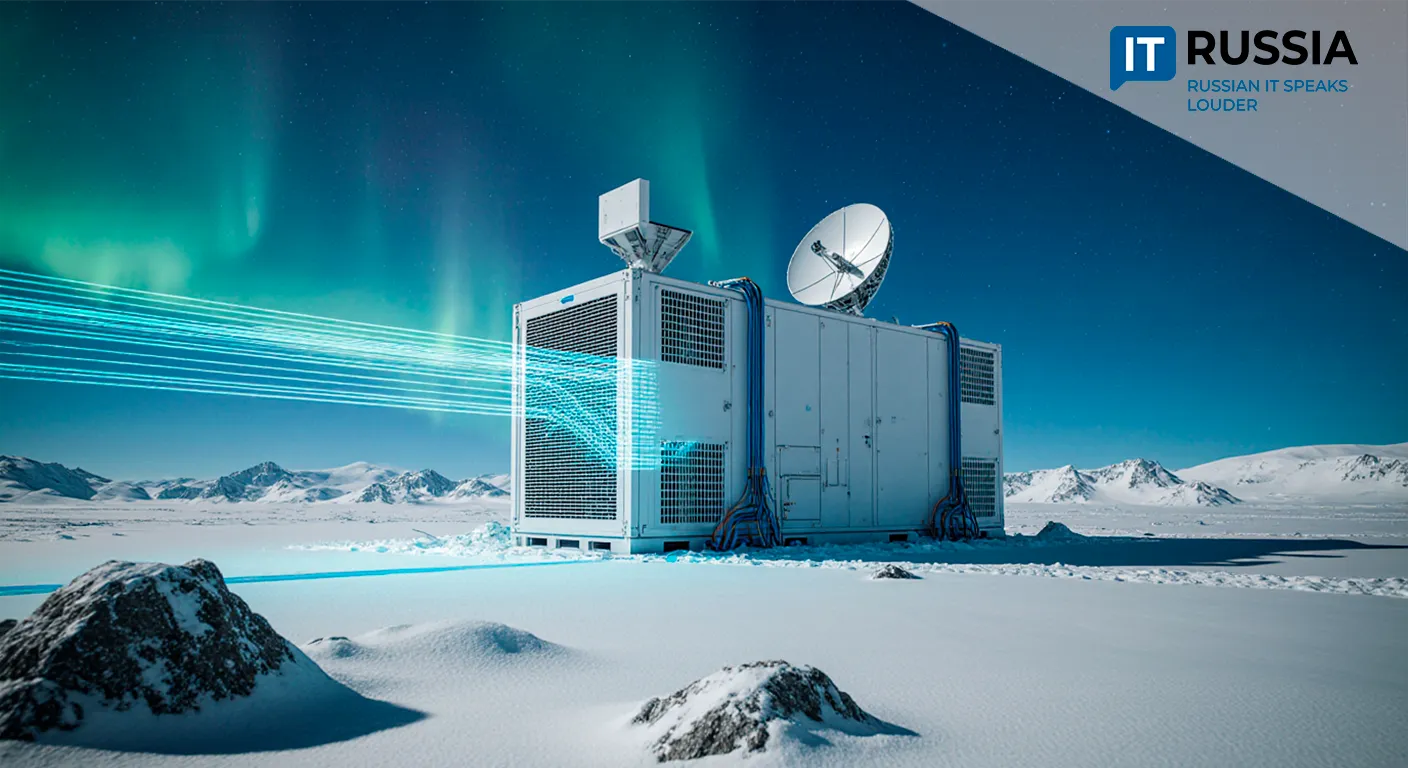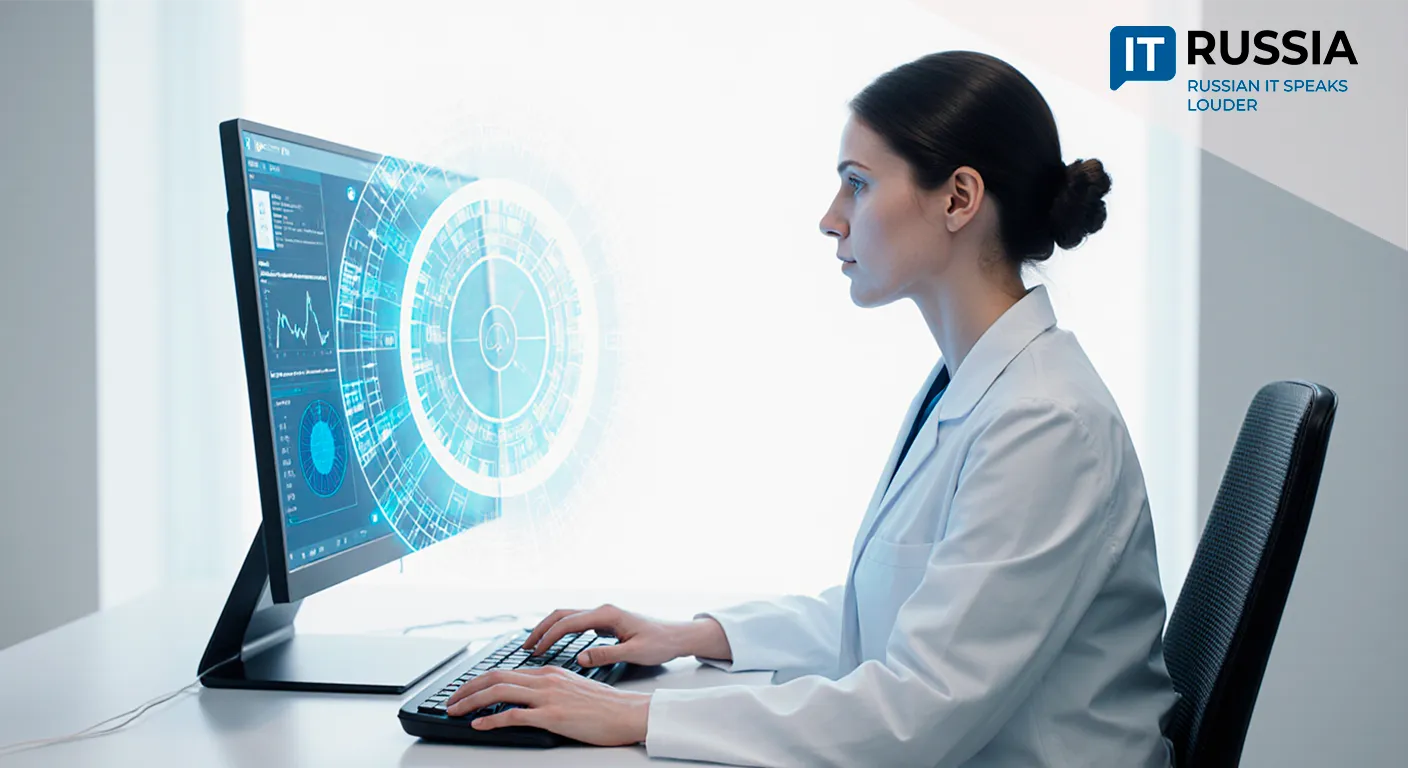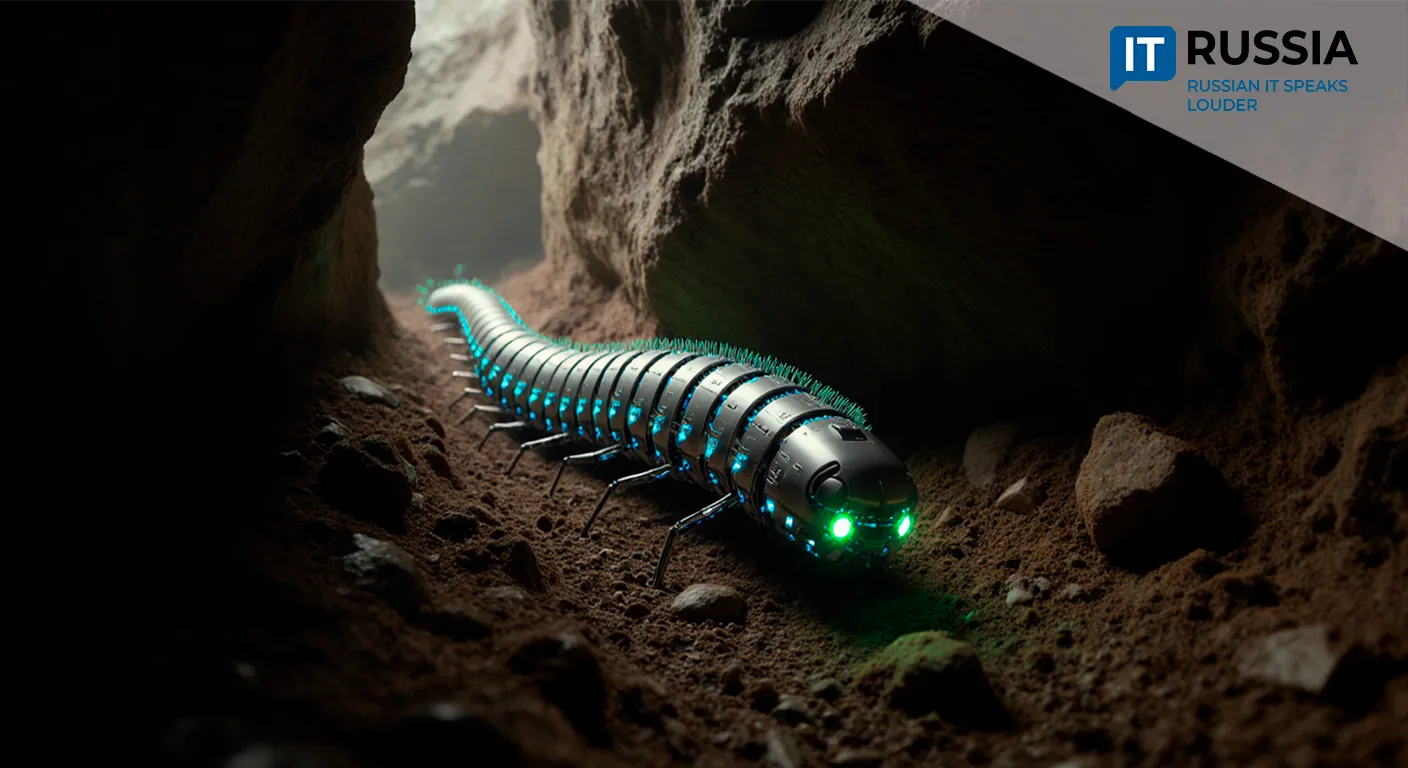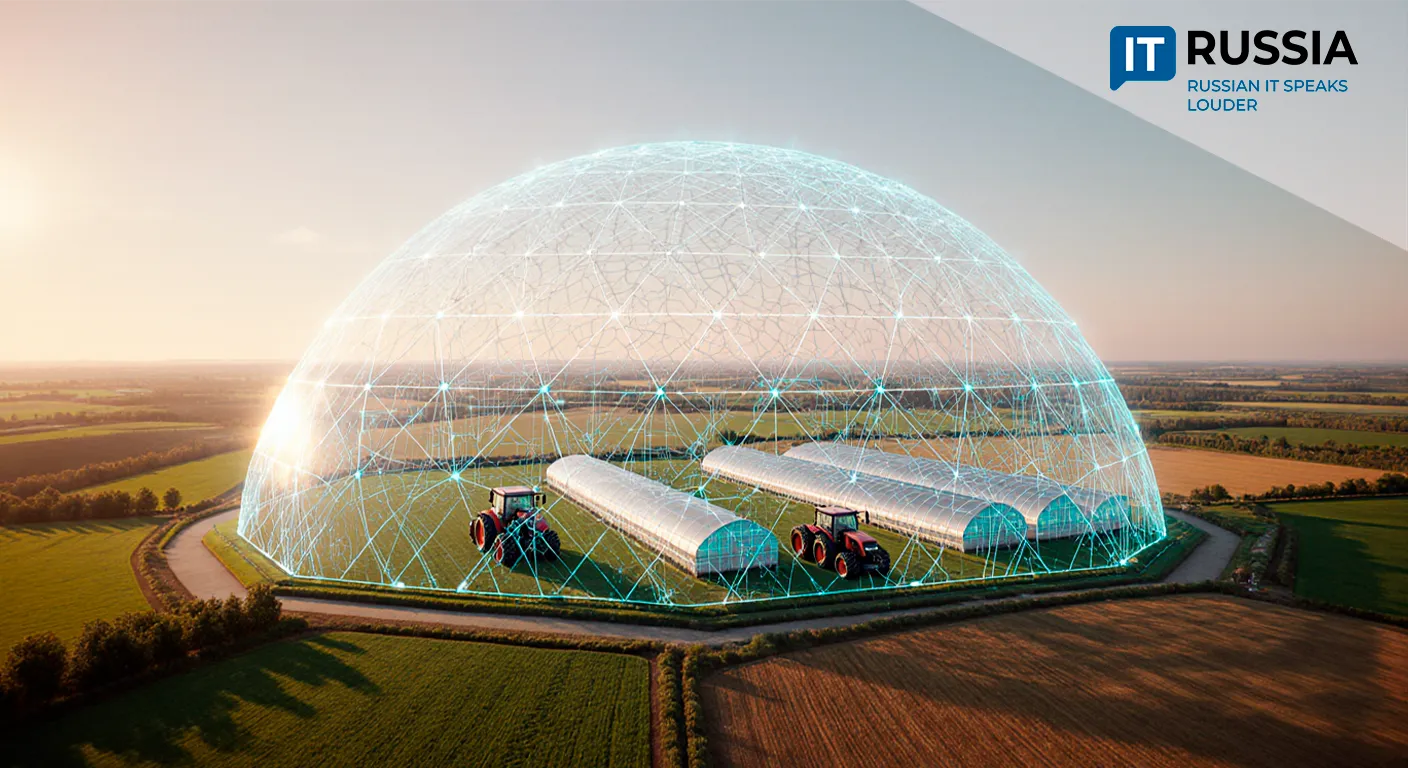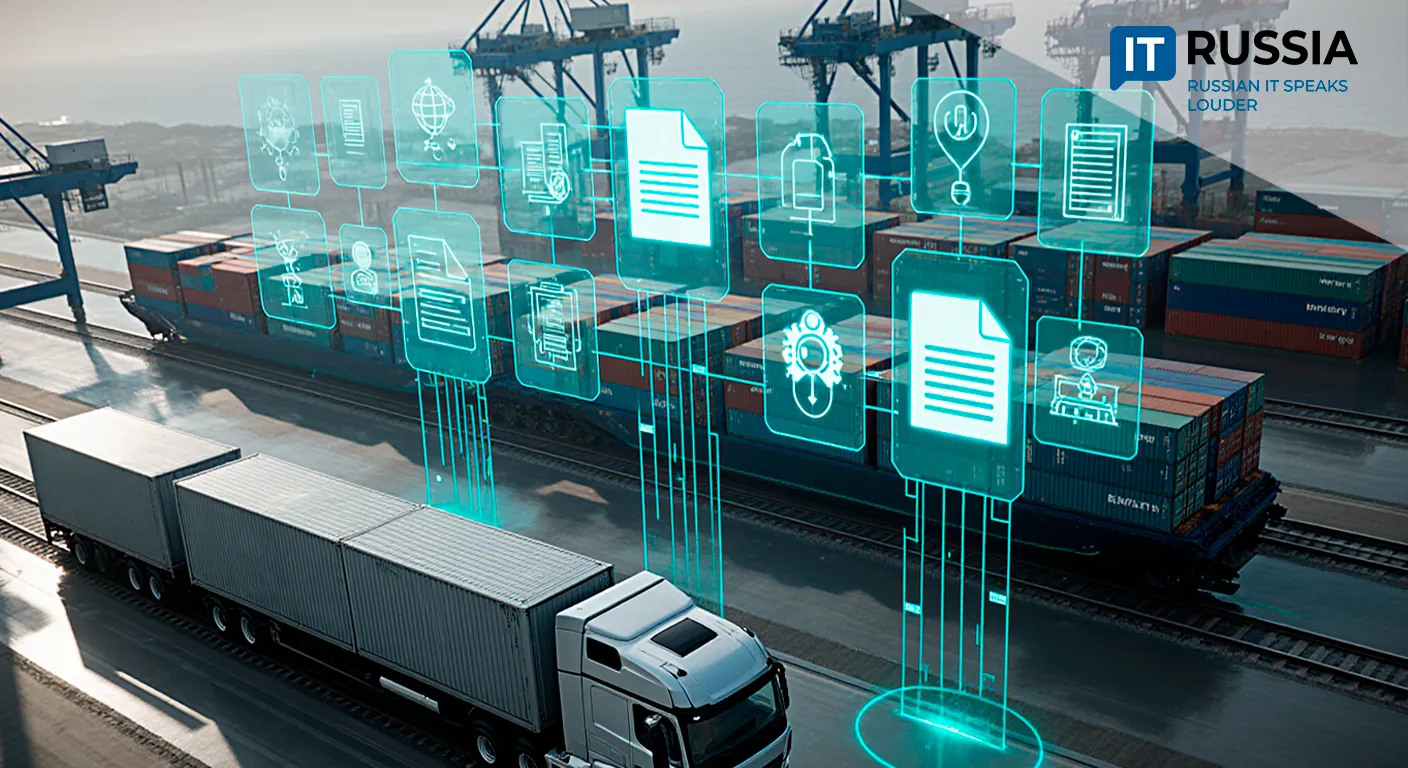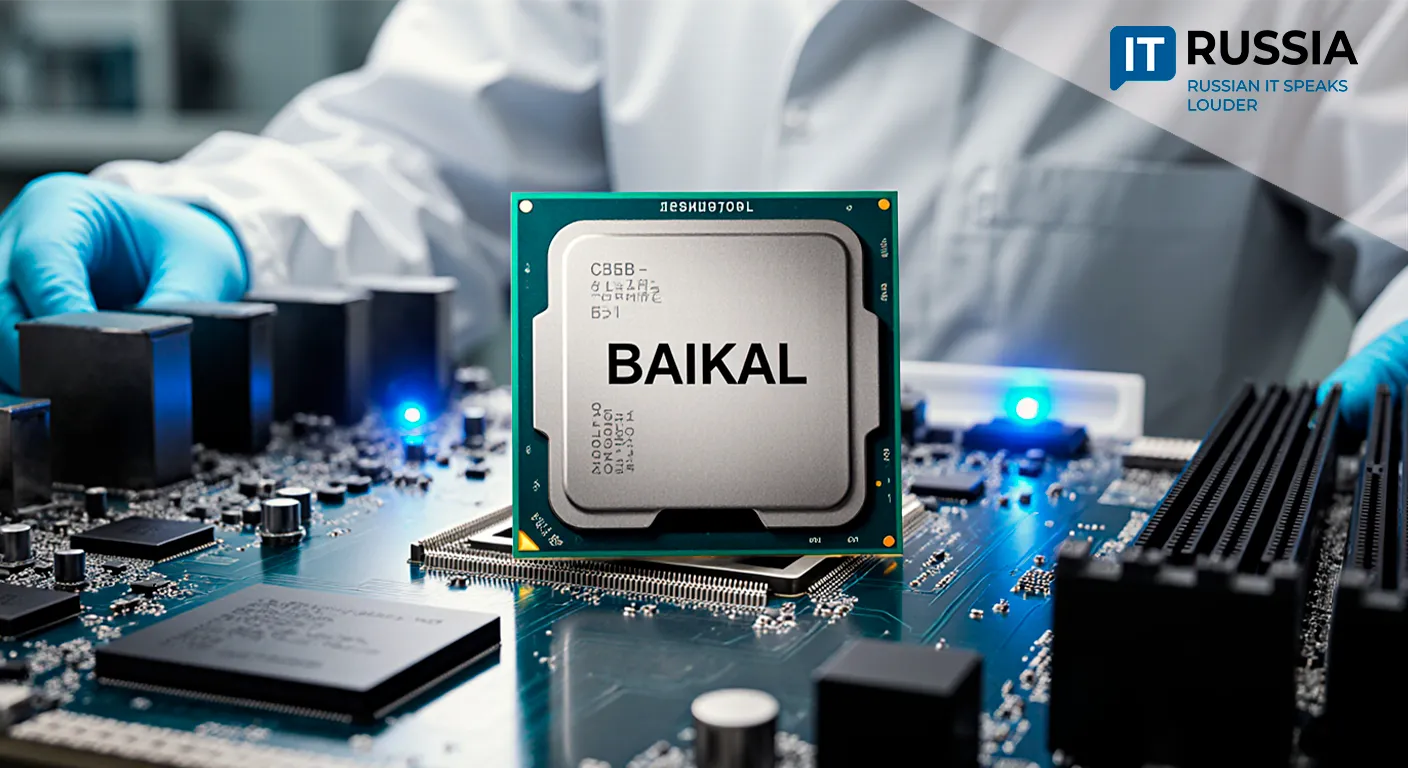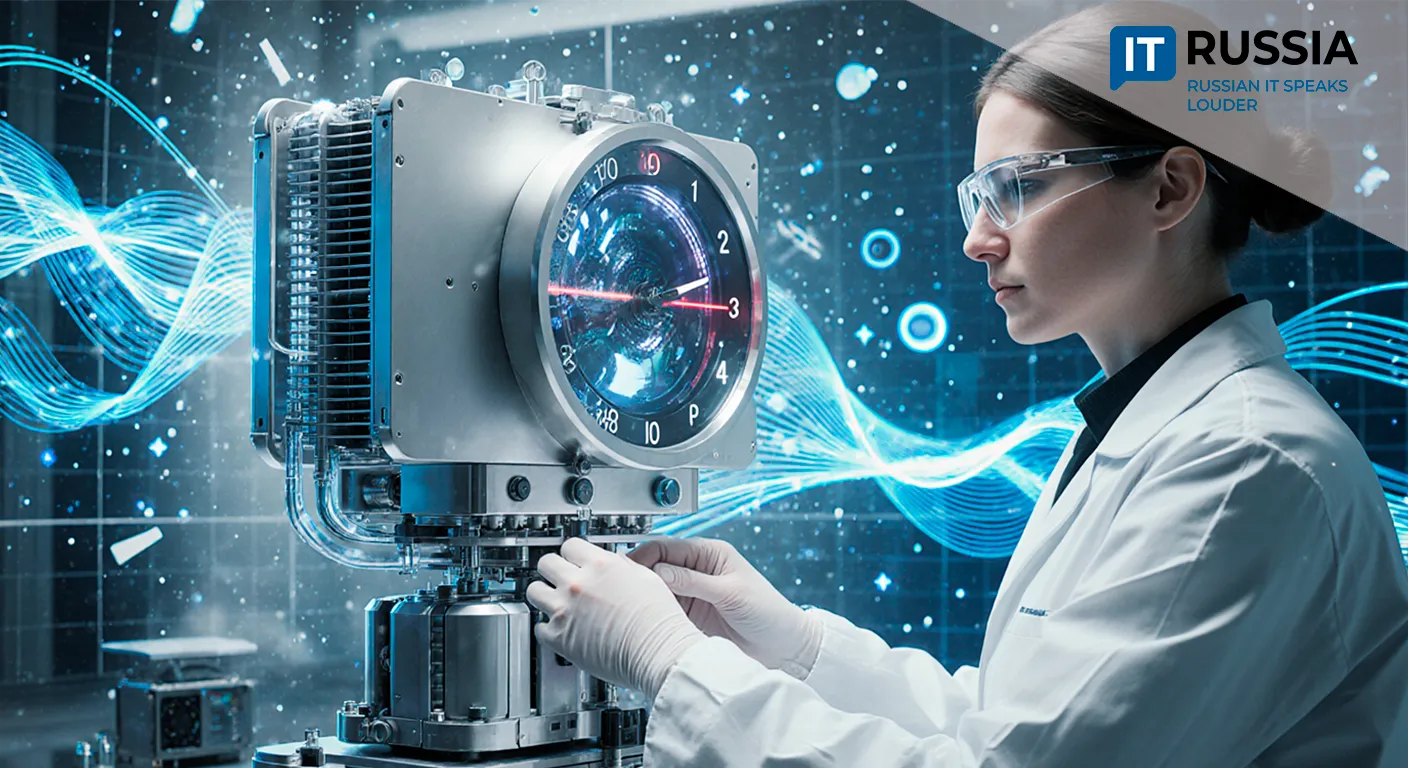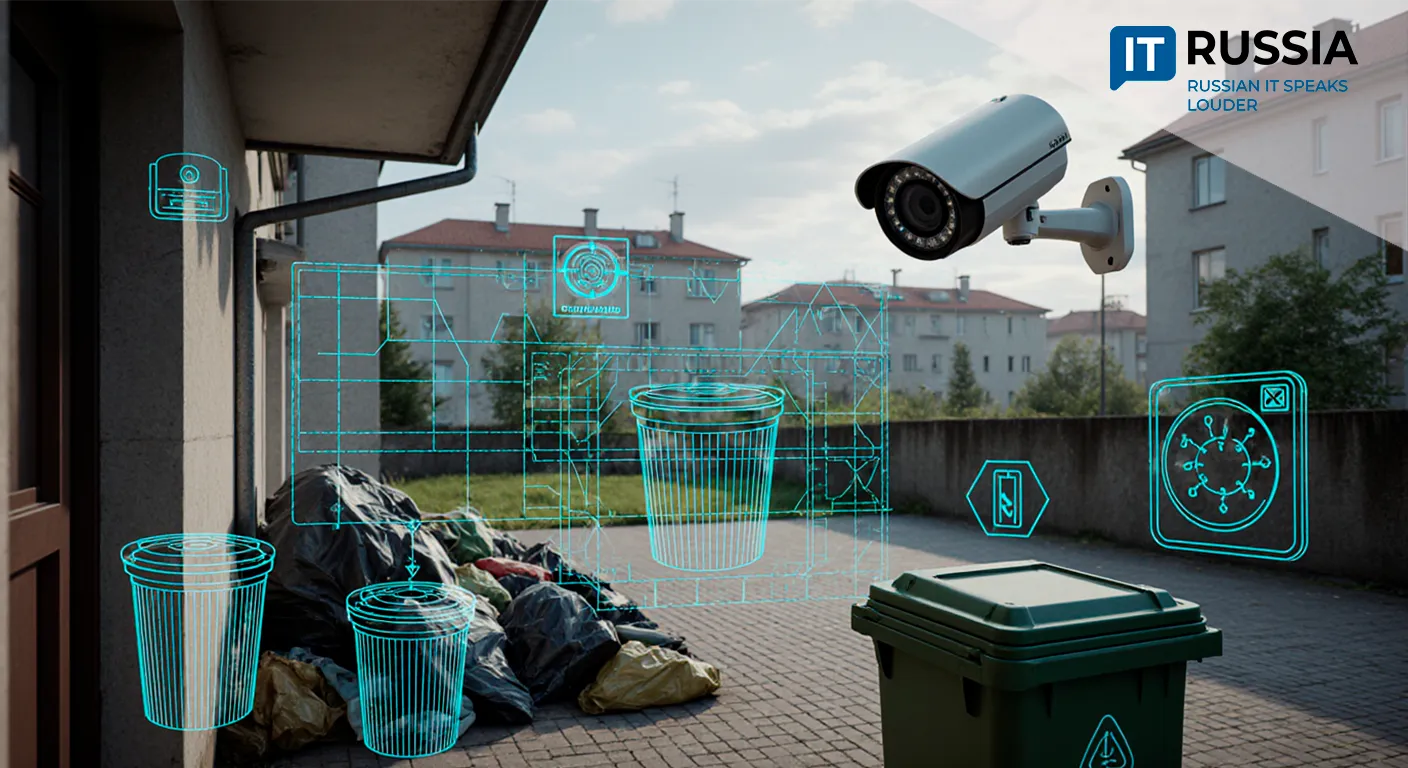Russia Makes a New Breakthrough in IT Development
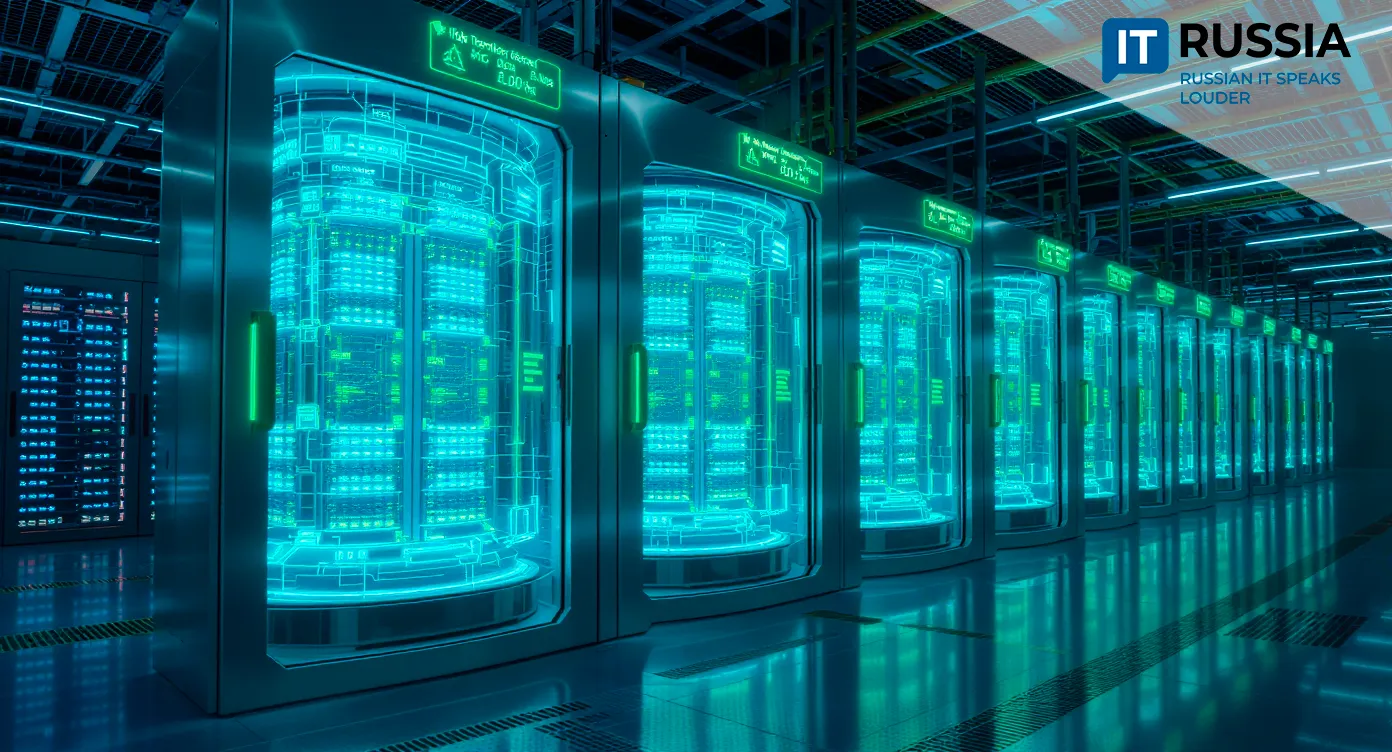
Russia has launched mass production of hardware for neural networks featuring an innovative cooling system. These systems can cut cooling-related energy consumption by up to 90%.
Boosting Russia’s Technological Independence
The Rosel holding, part of the Russian state corporation Rostec, has mastered the technology and industrial production of high-performance computing systems with liquid cooling, enabling the operation and training of powerful neural networks.
This technology will help reduce data center energy consumption by 1.5 times, shrink their footprint, and fully replace foreign counterparts, thereby strengthening Russia’s technological independence.
Shaping an Eco-Friendly Digitalization Paradigm
Traditional air-cooling systems can no longer cope with the heat generated by powerful processors and GPUs used in neural networks and supercomputers.
The immersion of equipment in dielectric fluid, which effectively removes heat without affecting electronics, is in high demand. Filling the entire complex with dielectric allows for more compact component placement, reducing data center size three to five times compared to air-cooled systems.
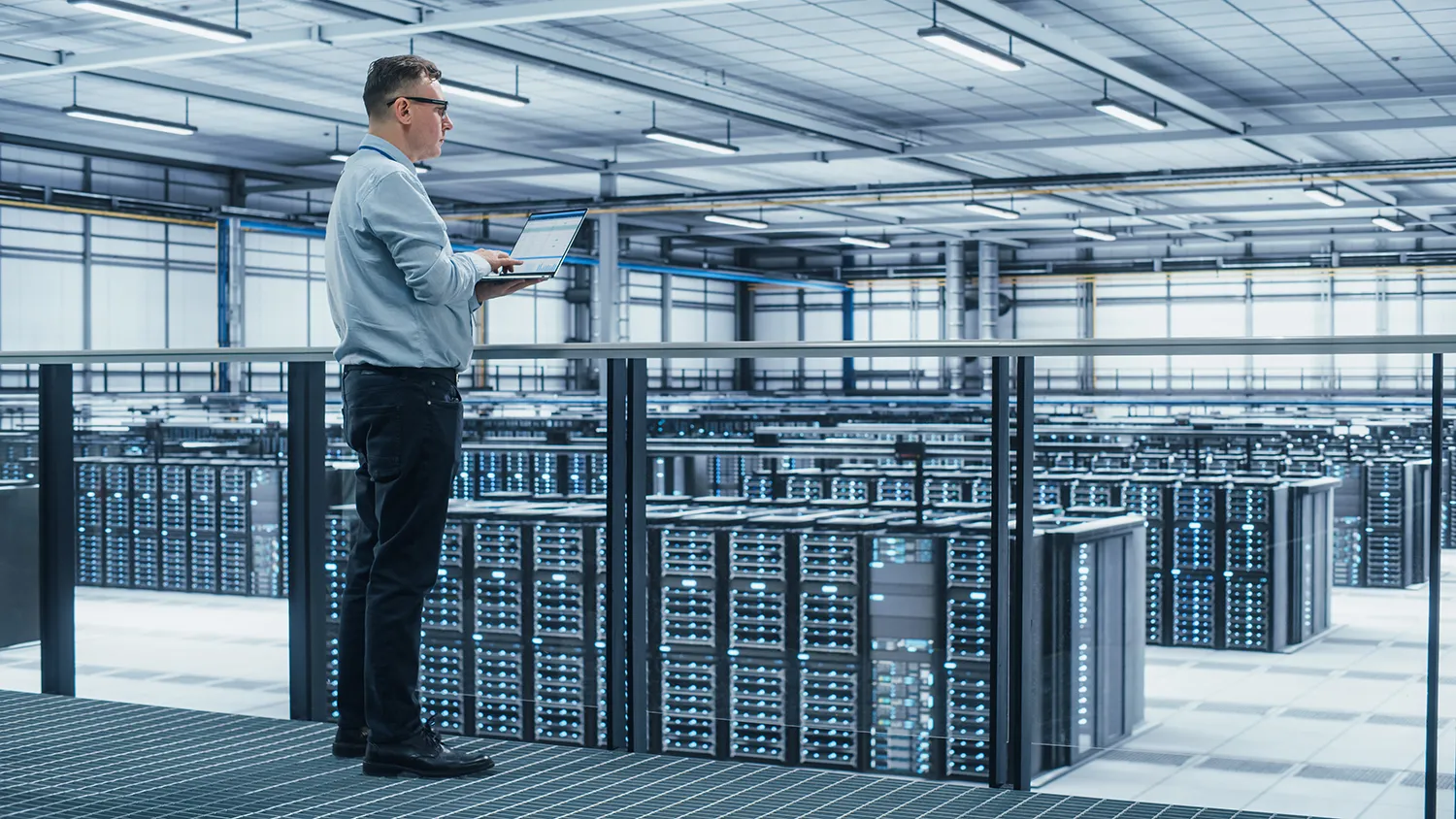
Rosel engineers use a proprietary eco-friendly dielectric—non-toxic, non-flammable, and biodegradable—making it a safer, more sustainable alternative to traditional refrigerants like freon.
For the state, this not only means technological independence but also compliance with environmental commitments, including CO₂ emission reductions. In the global push toward green technologies, this breakthrough enables Russia to both meet international sustainability standards and actively shape a more eco-friendly digital future.
Strengthening Technological Sovereignty
The scale of this breakthrough spans industry, national, and international levels.
At the industry level, launching serial production is a key step toward creating a fully localized ecosystem for high-performance computing and artificial intelligence. This ensures that Russian developers and research centers will no longer depend on imported servers and cooling systems, particularly under restrictions and sanctions.
Nationally, the technology strengthens technological sovereignty, reduces the carbon footprint of data centers, and boosts the energy efficiency of critical infrastructure.
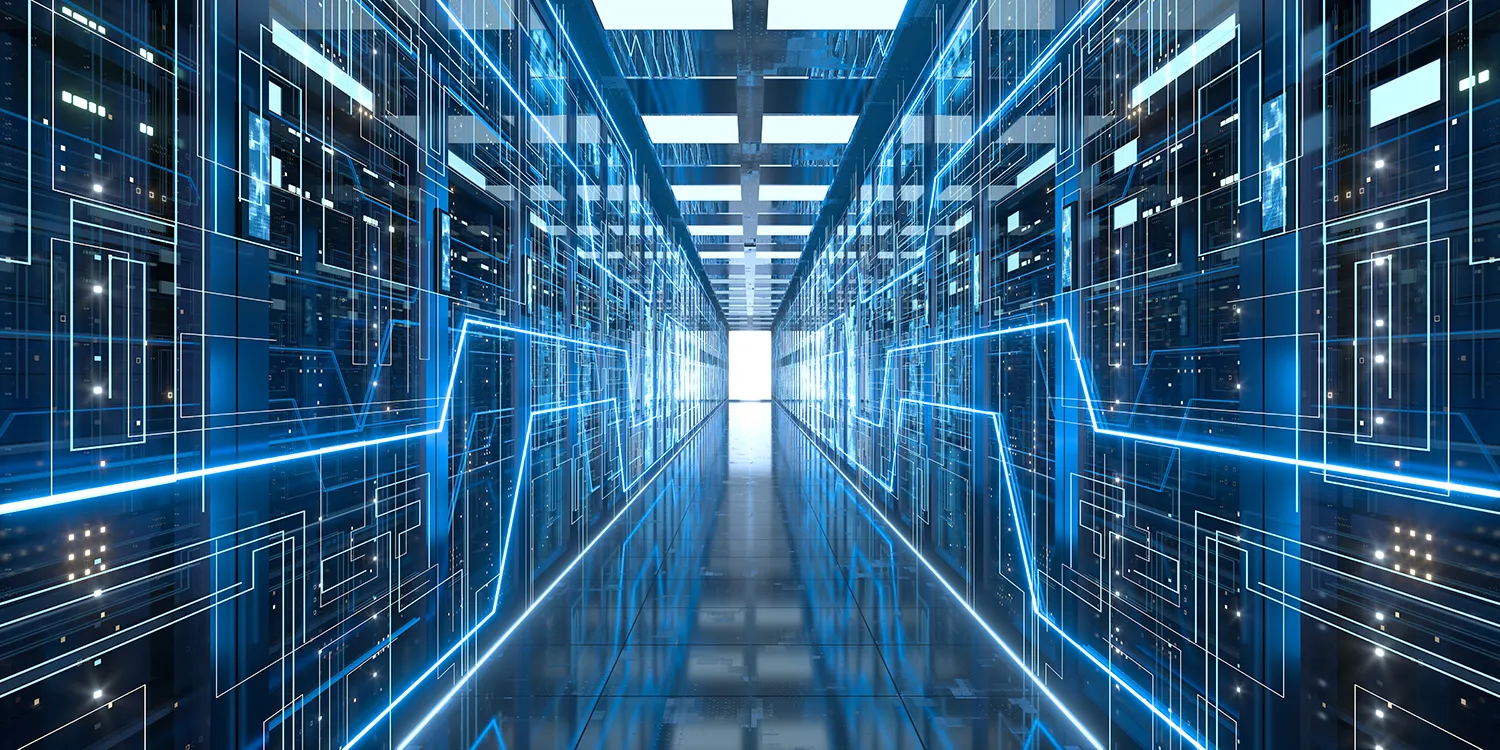
Industrial-Level Solutions
Internationally, Russia is entering the ranks of countries capable of independently developing and producing liquid cooling solutions at an industrial scale.
Until recently, this field was dominated by the US, China, and major players like Google and Microsoft, which are actively deploying immersion cooling and other liquid technologies. The Russian case proves that the country can not only match but also compete in one of the most advanced and promising IT infrastructure sectors.
Historically, Russia’s liquid cooling development progressed gradually: in 2023–2024, research centers, including Skolkovo residents, built prototypes, but mass production never materialized. By 2024–2025, interest in import substitution grew, but large-scale projects were still scarce.
Now, under Rostec’s leadership, serial production marks a strategic technological leap, opening a new chapter in Russia’s digital economy. This is more than new hardware—it is a symbol of technological maturity and confidence.
For the state and consumers, the benefits are significant. Lower energy use for cooling data centers directly reduces the cost of digital services and ICT infrastructure as a whole. It also enhances the resilience of critical systems—from government services to banking and telecommunications.
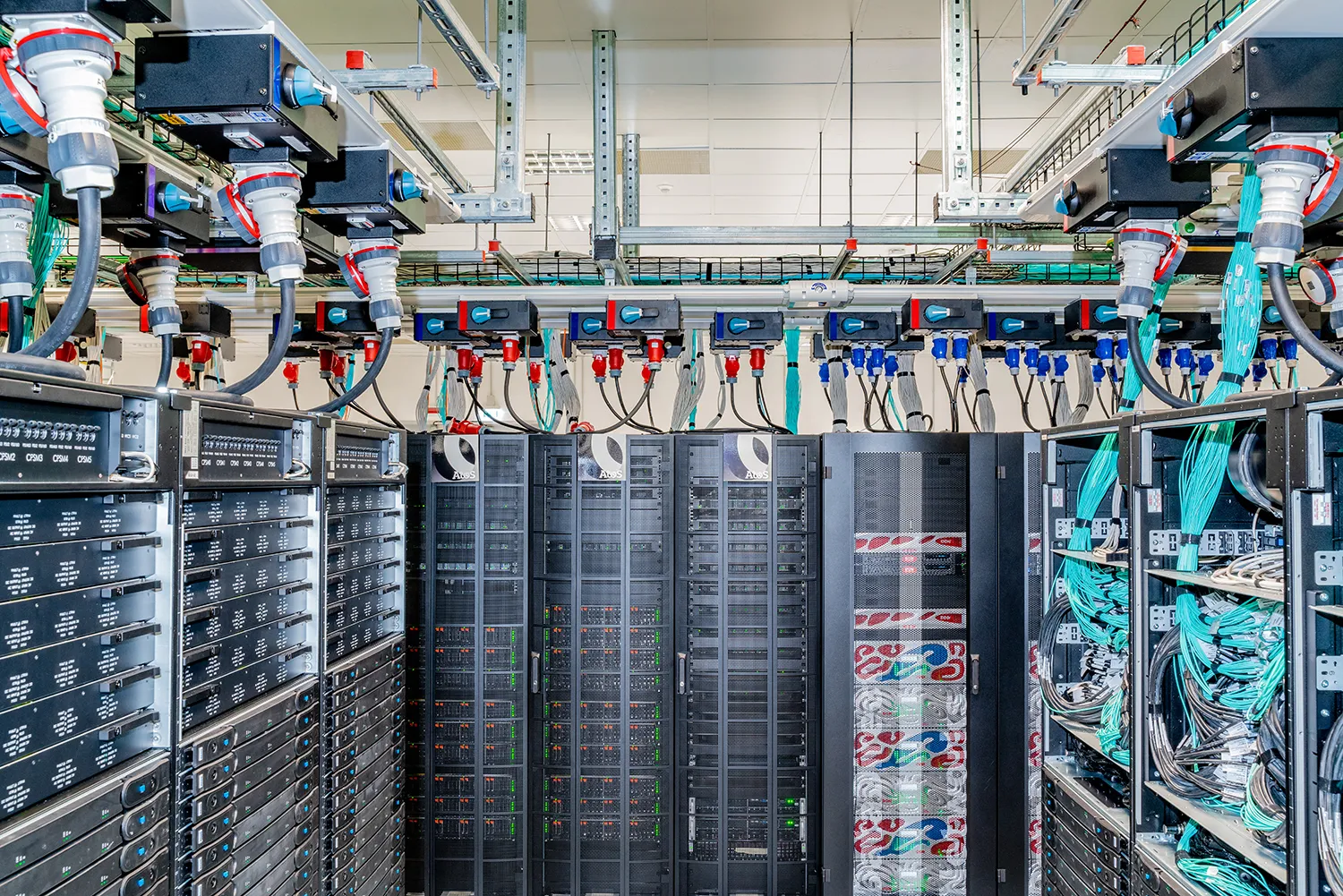
Liquid cooling also boosts environmental safety: experts estimate such systems can cut cooling electricity use by up to 90% compared to air solutions.
Mass adoption of these computing systems is expected in government and major commercial data centers, including those serving public services, defense, and research. Russian solutions could also be exported, especially to BRICS, Asia, and Latin America, where demand for energy-efficient, localized IT is rising.
Long term, liquid cooling could become standard for all Russian supercomputers and AI centers, forming the backbone of a national neuro-infrastructure. This would pave the way for Russian AI platforms, digital twins, quantum computing, and other vital technologies.
With the global liquid cooling market projected to exceed $10 billion by 2028, Russia could establish itself as a reliable, technologically mature supplier.



